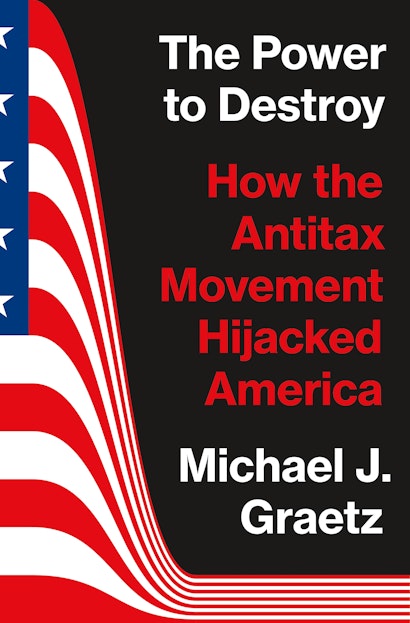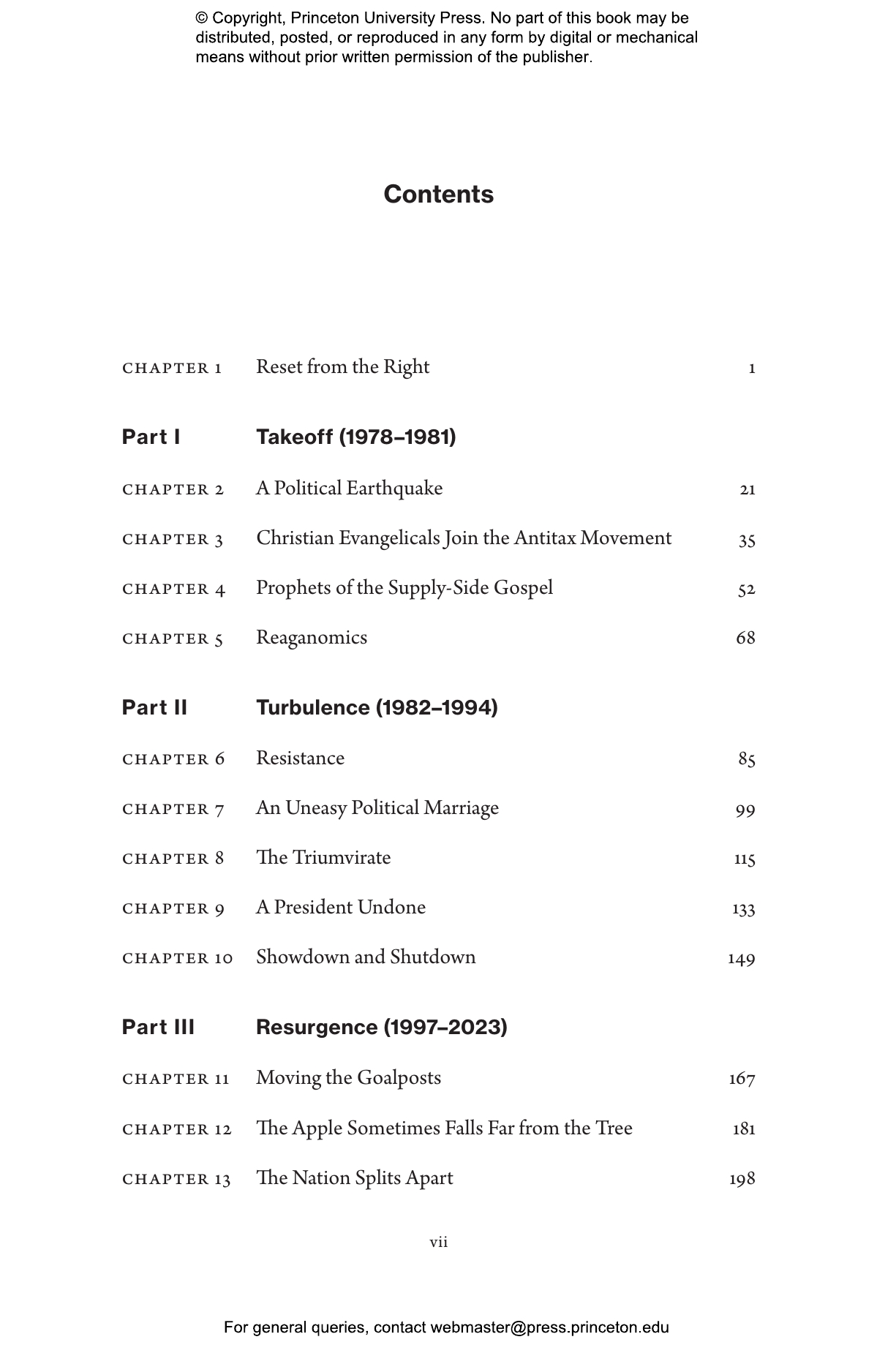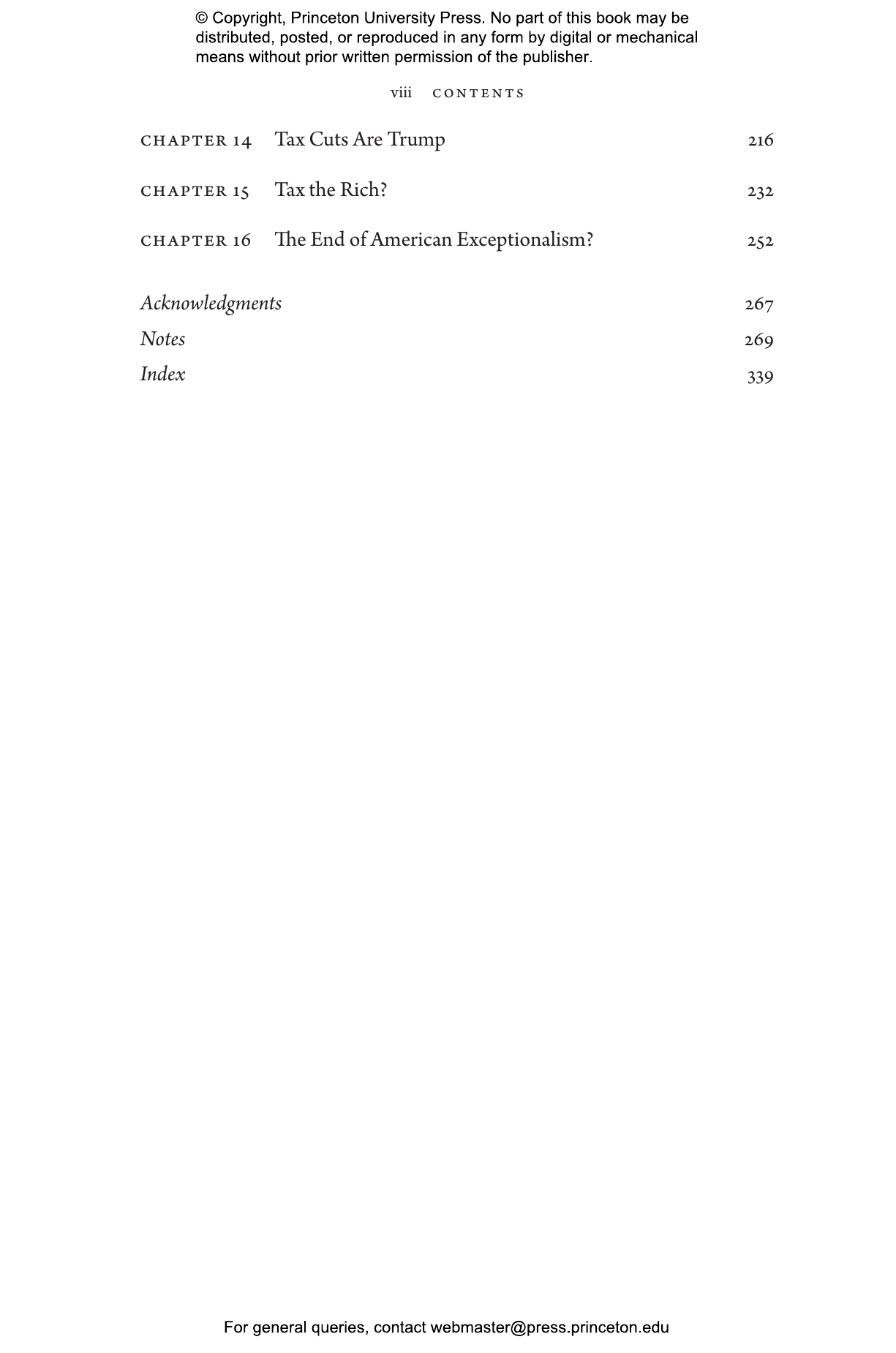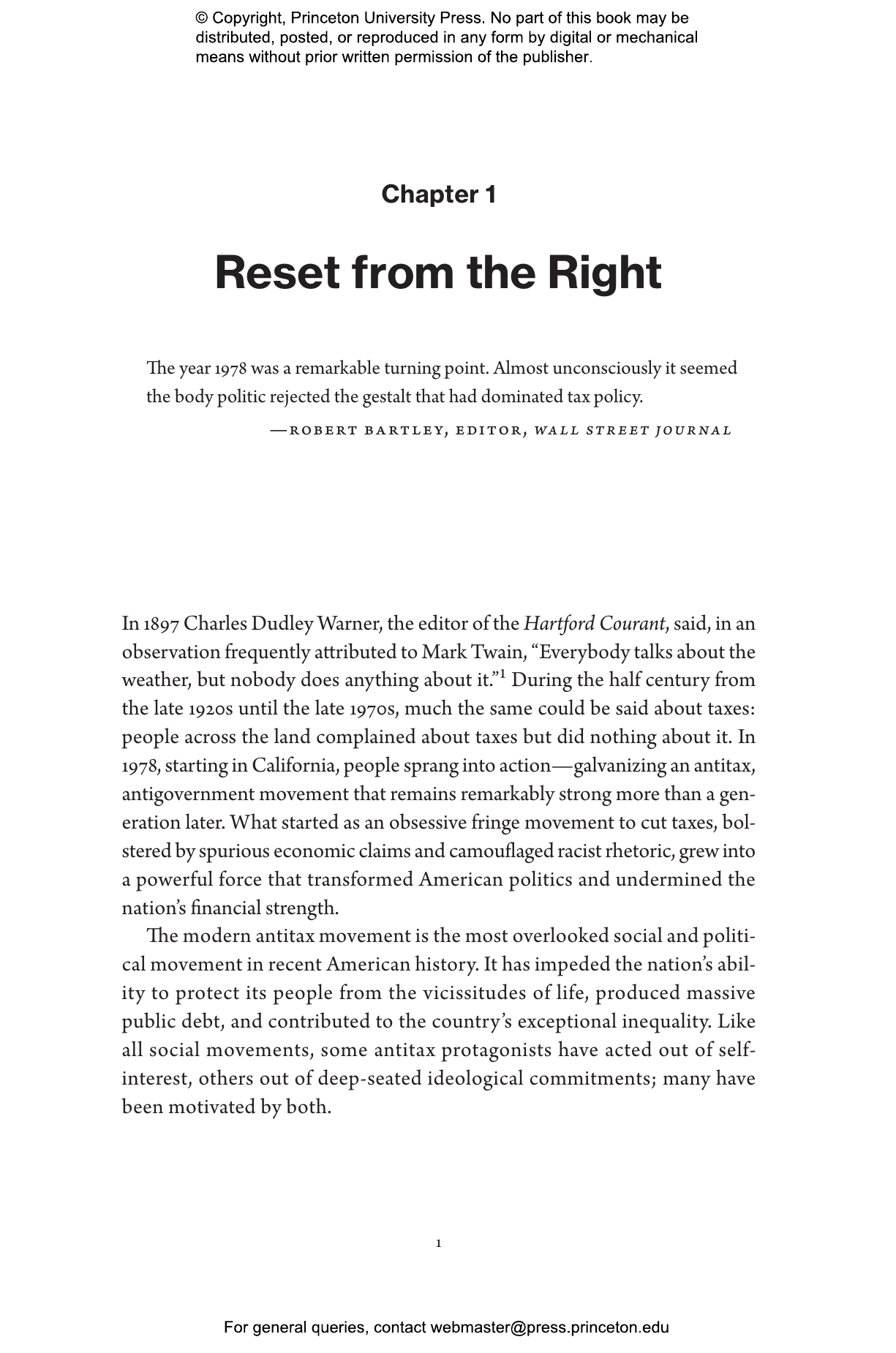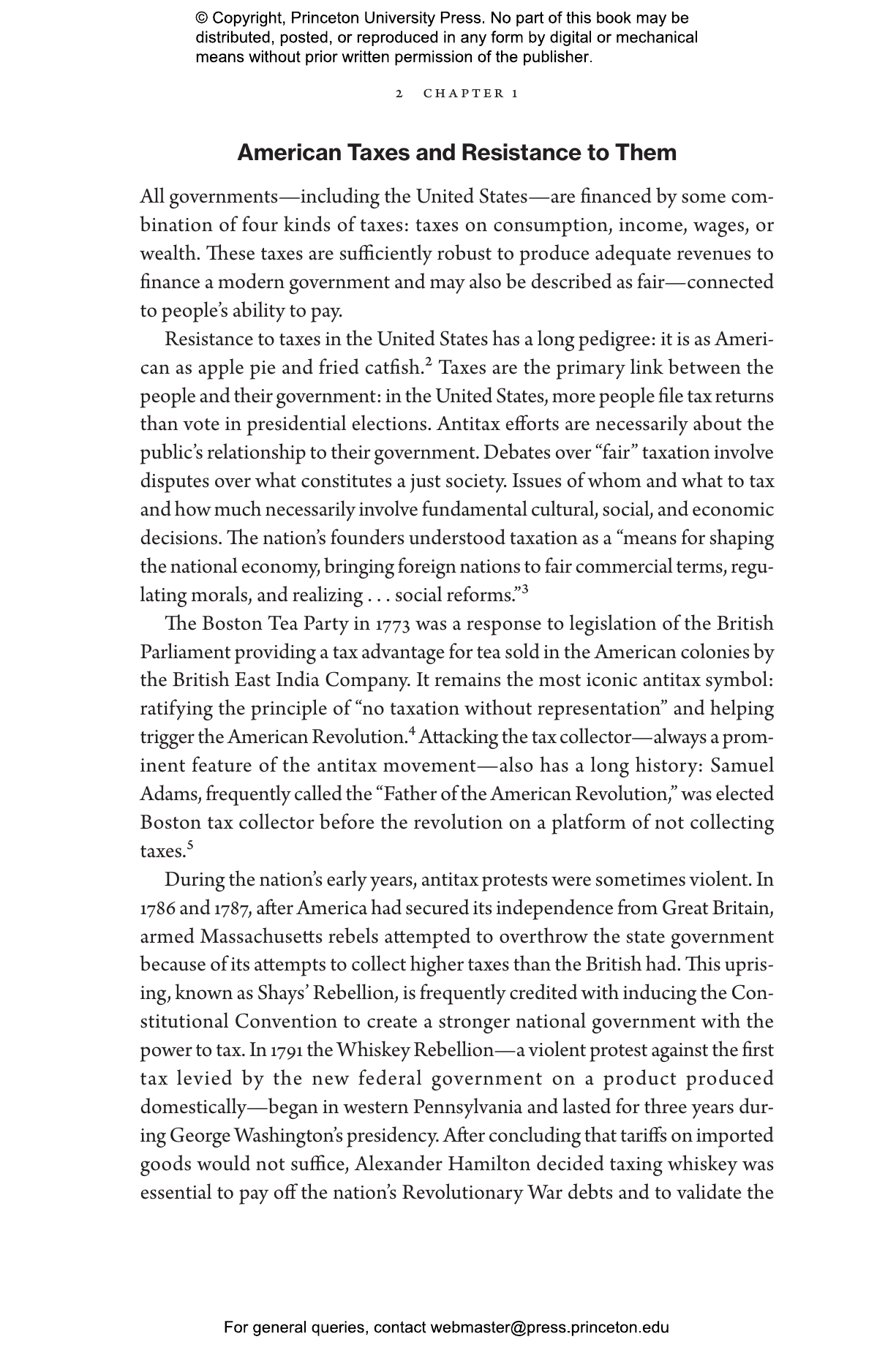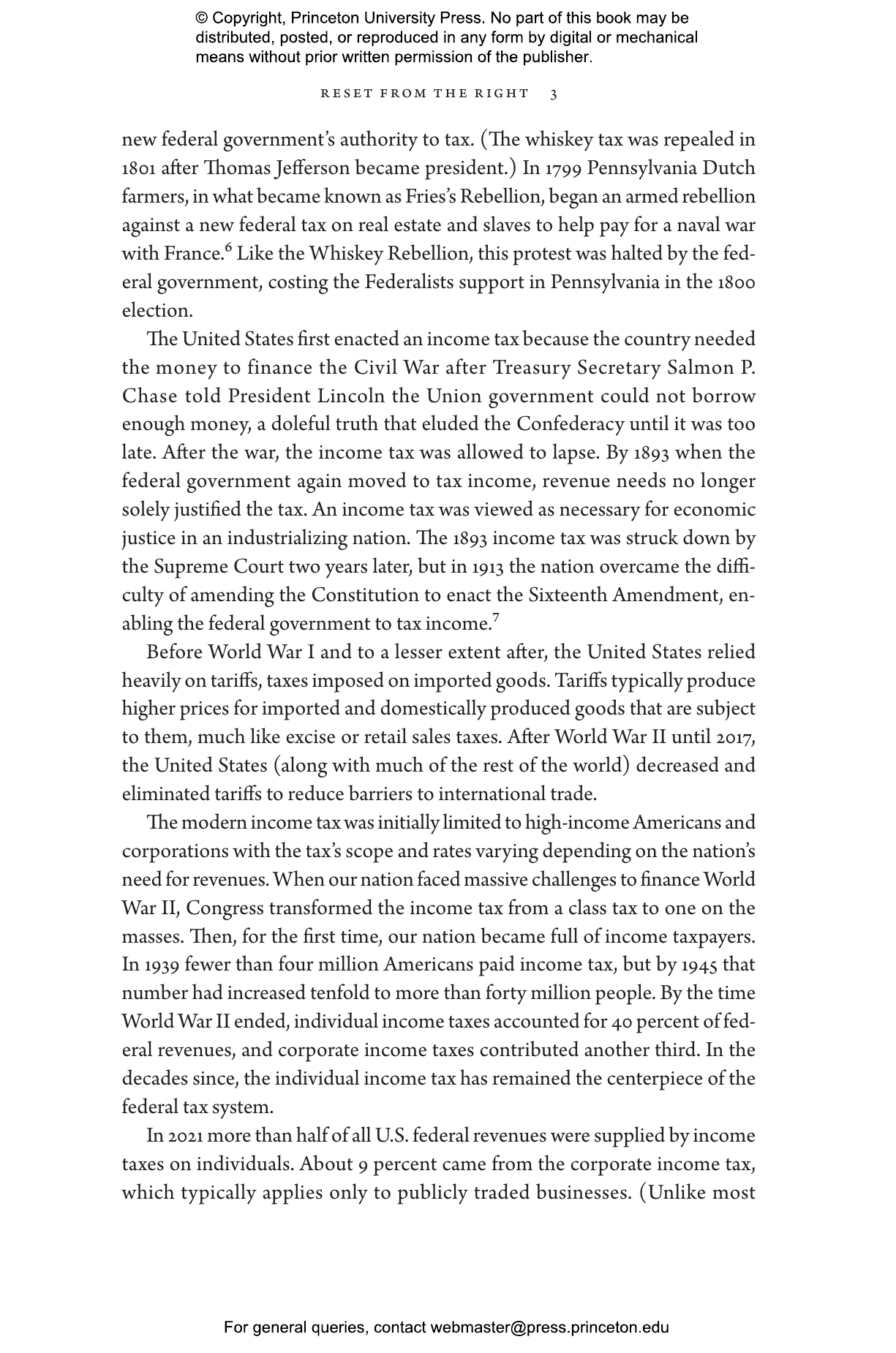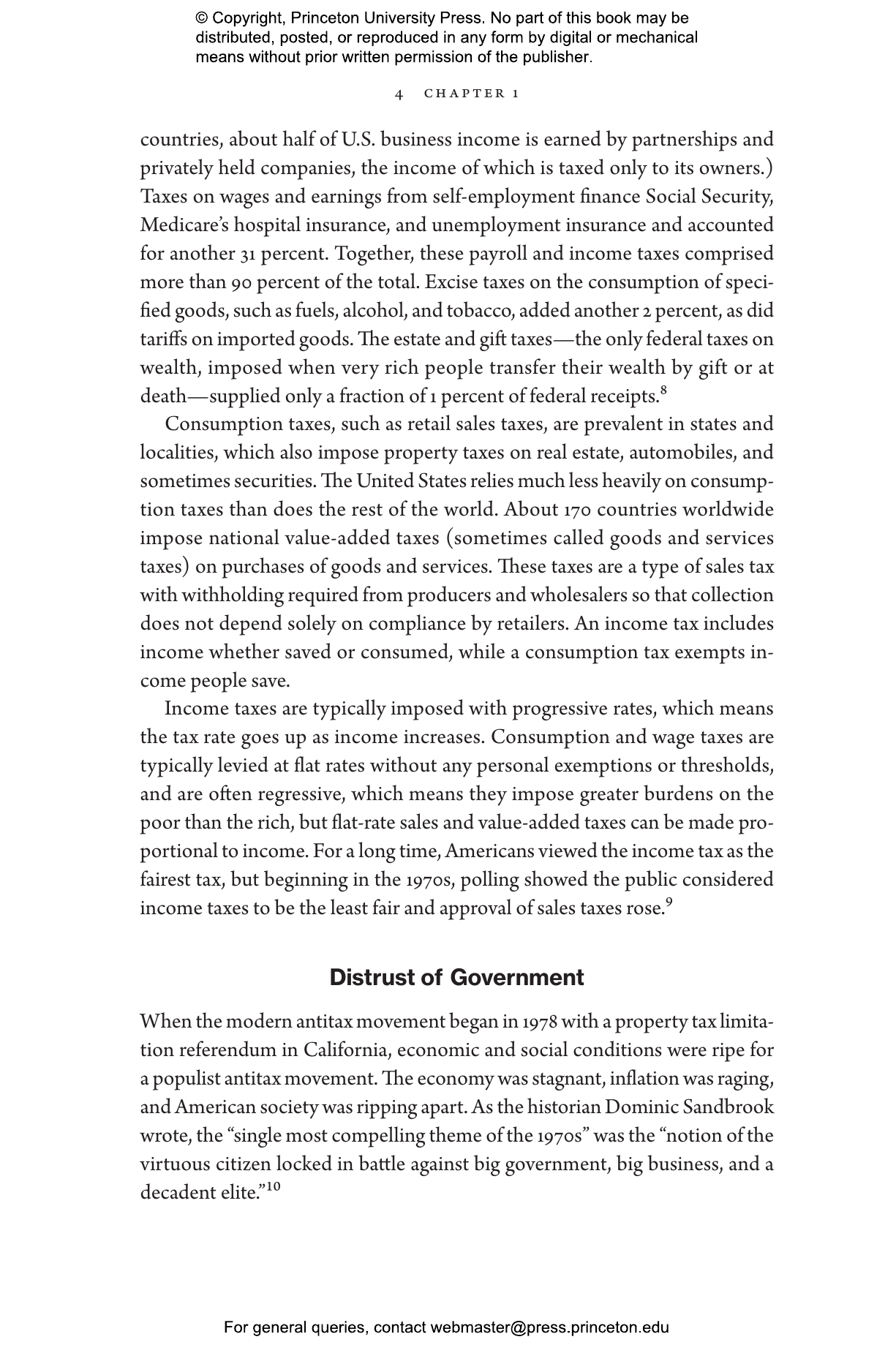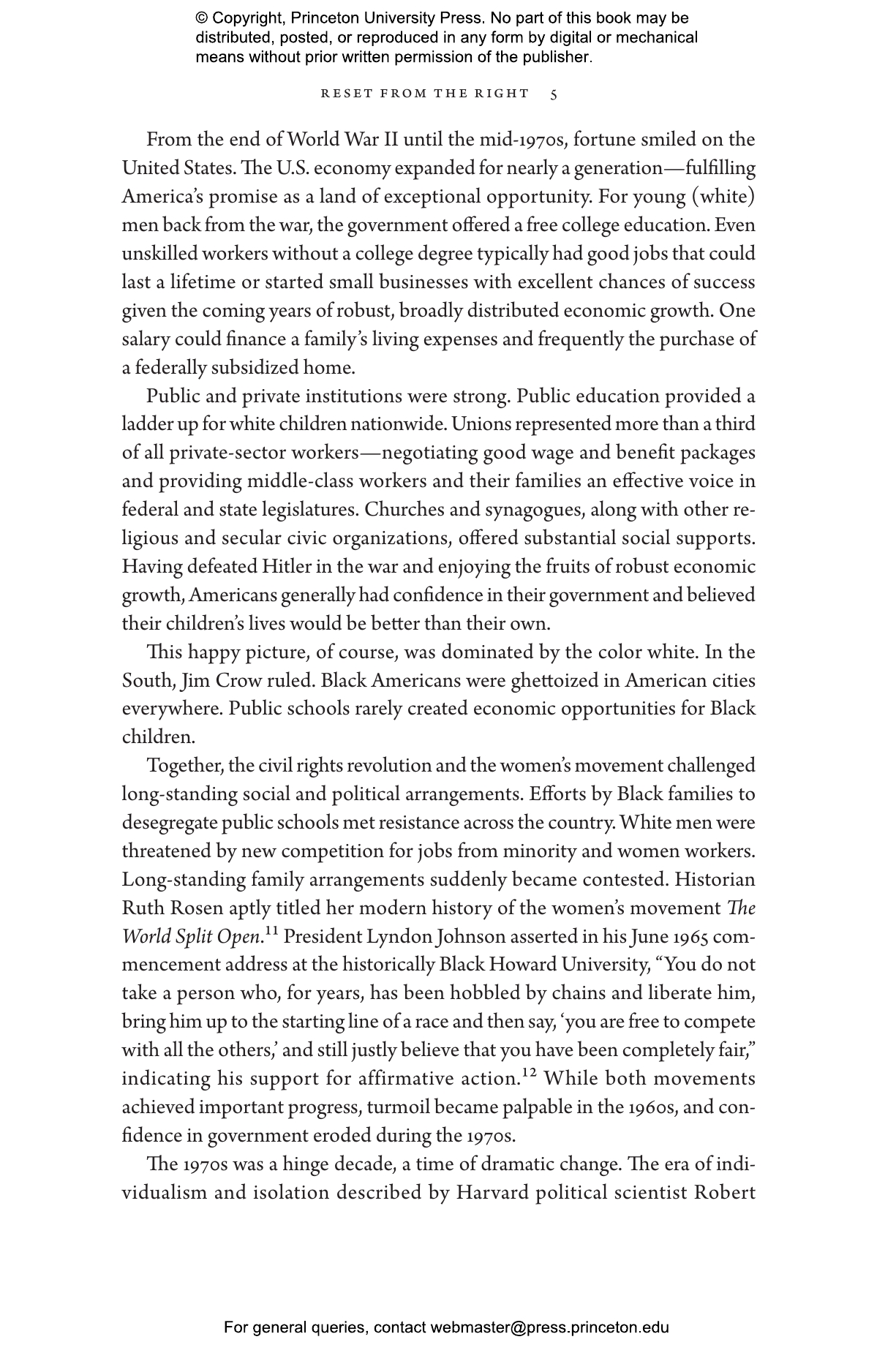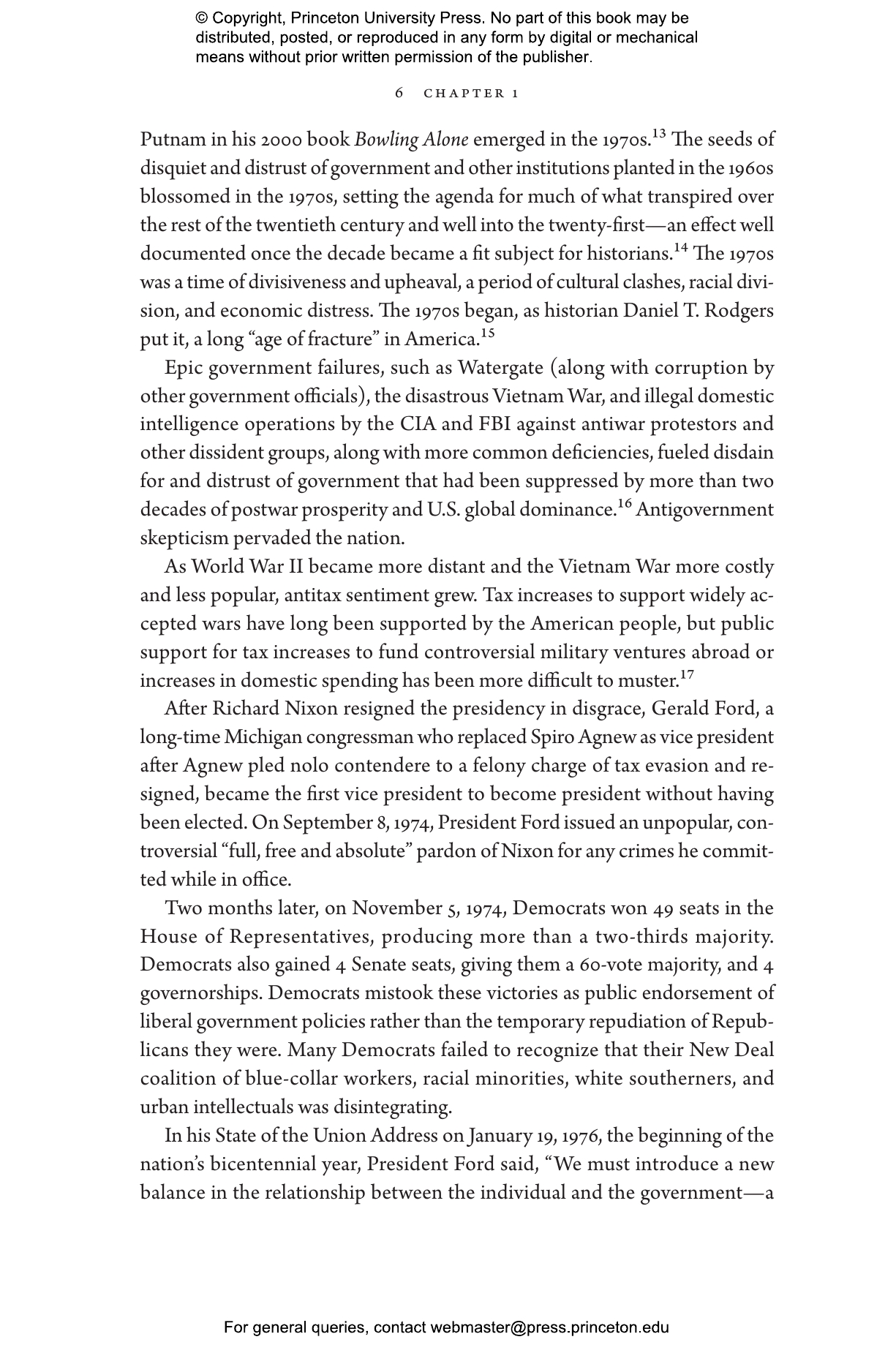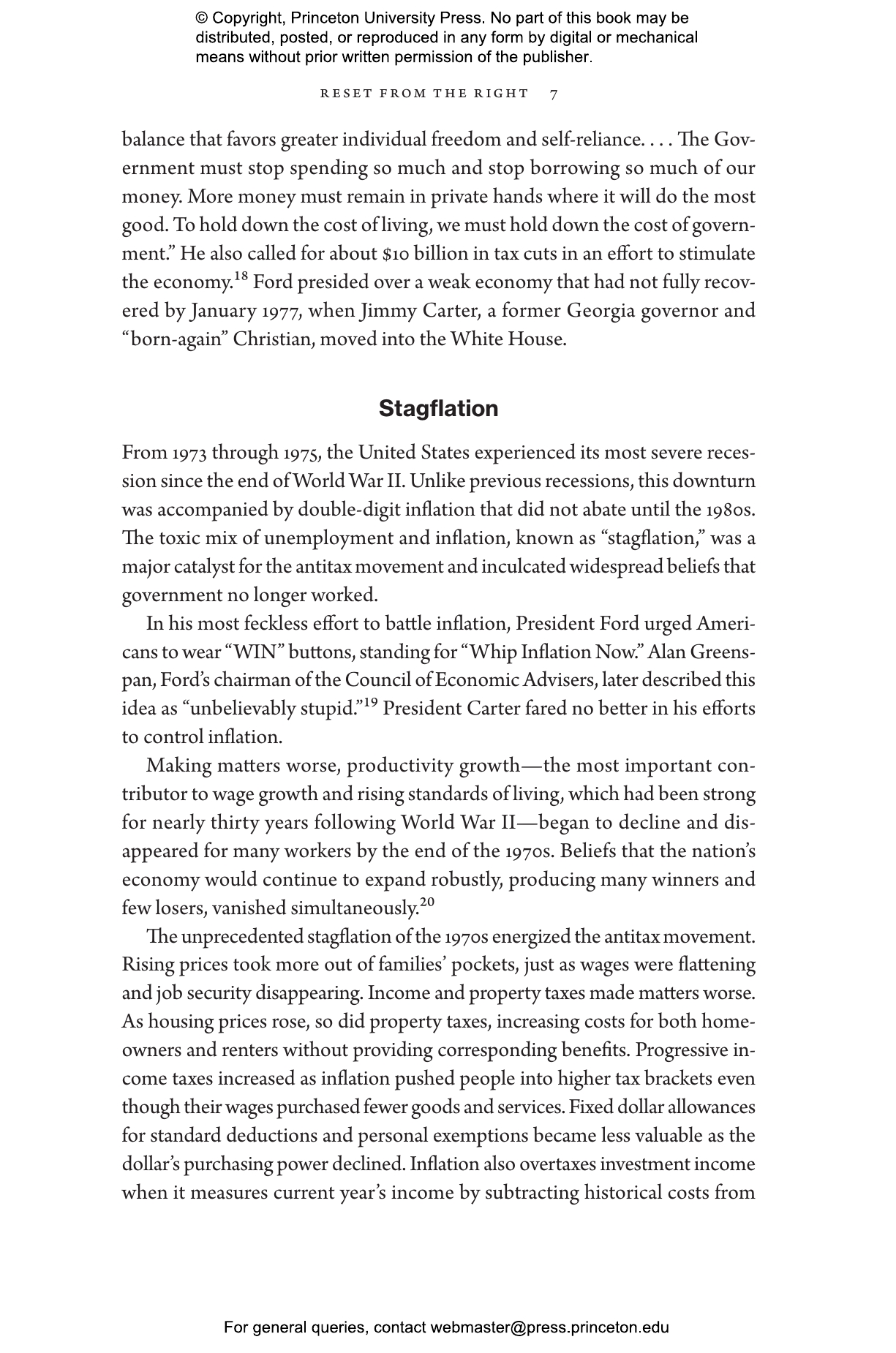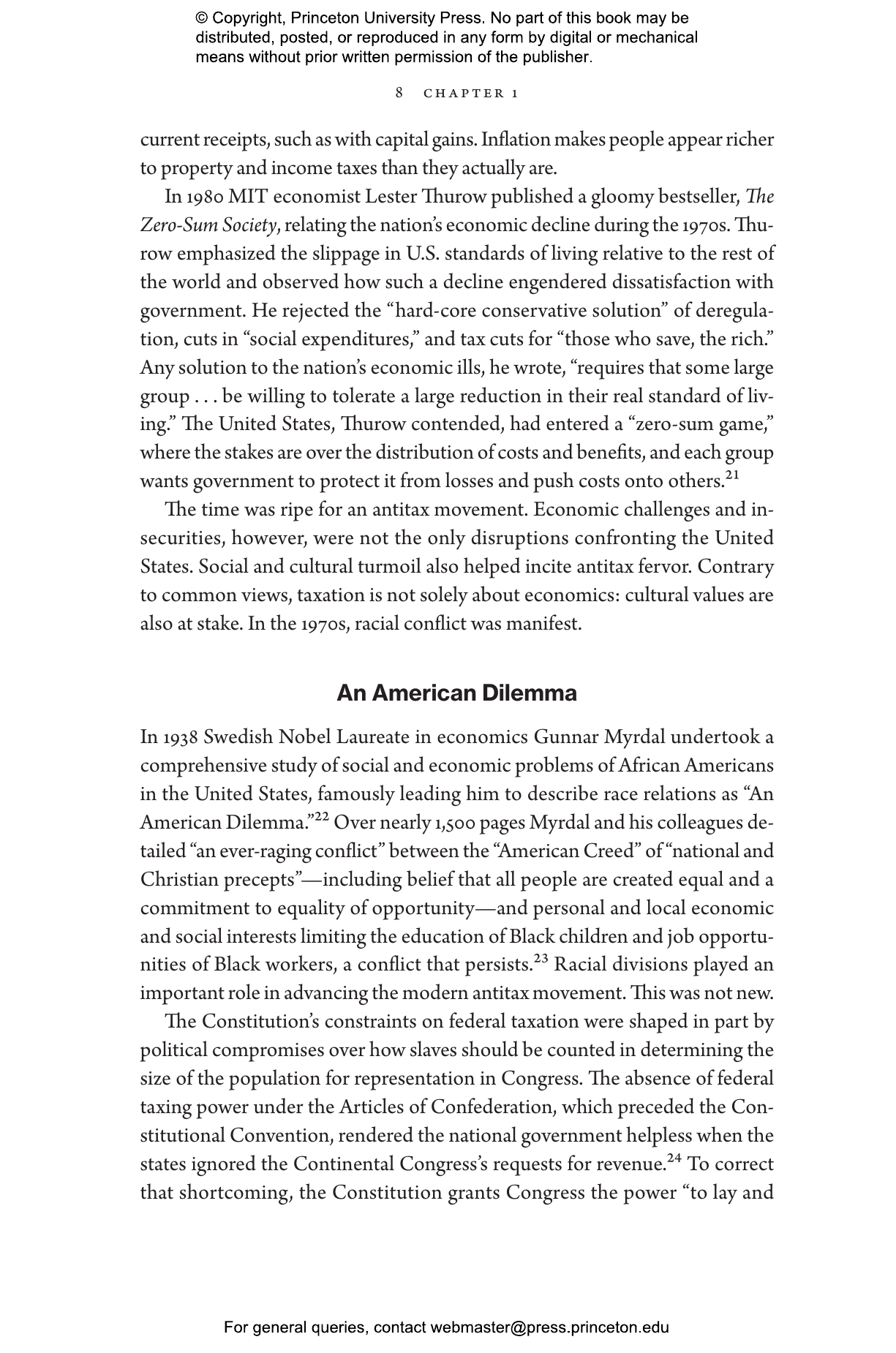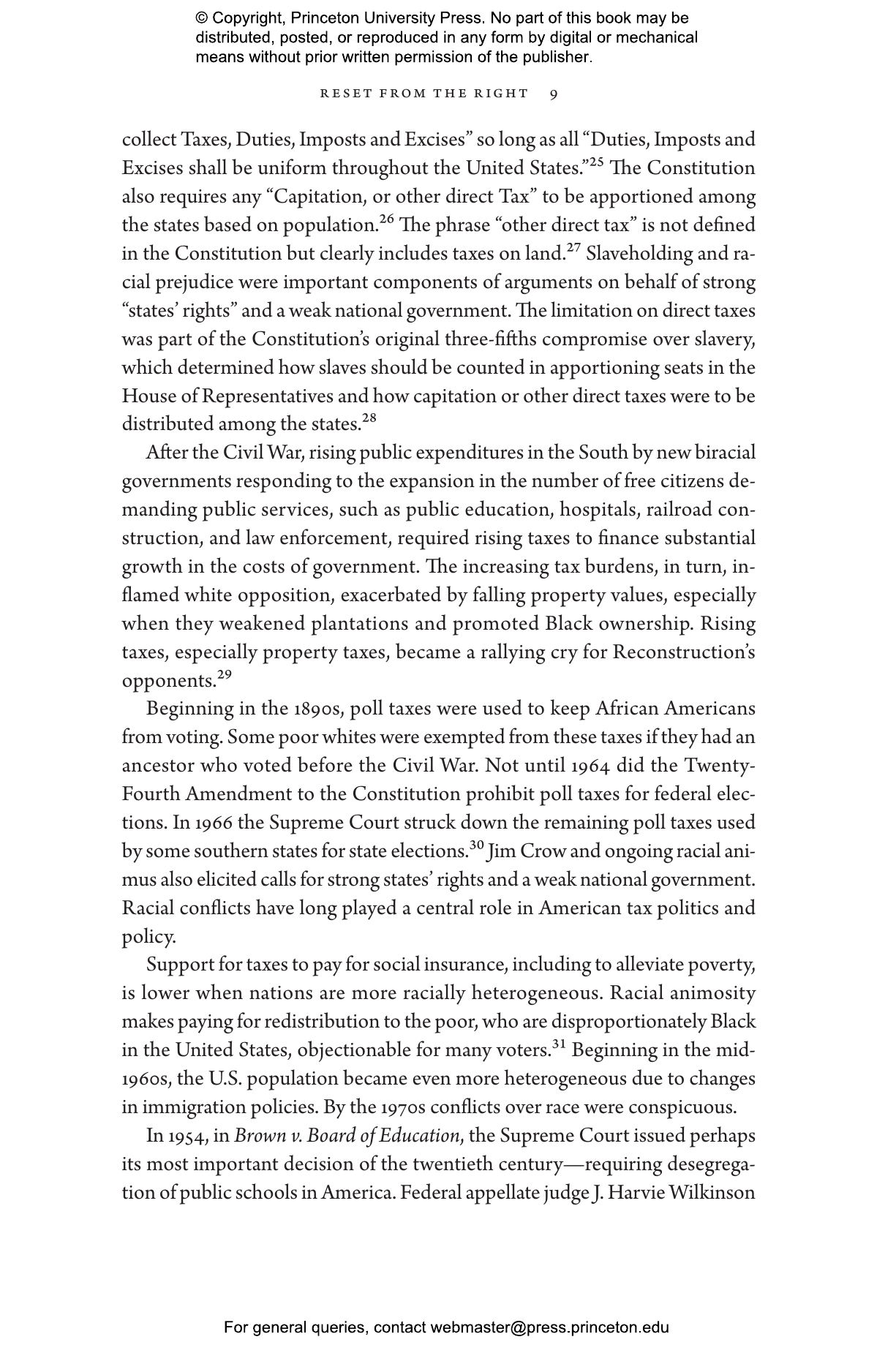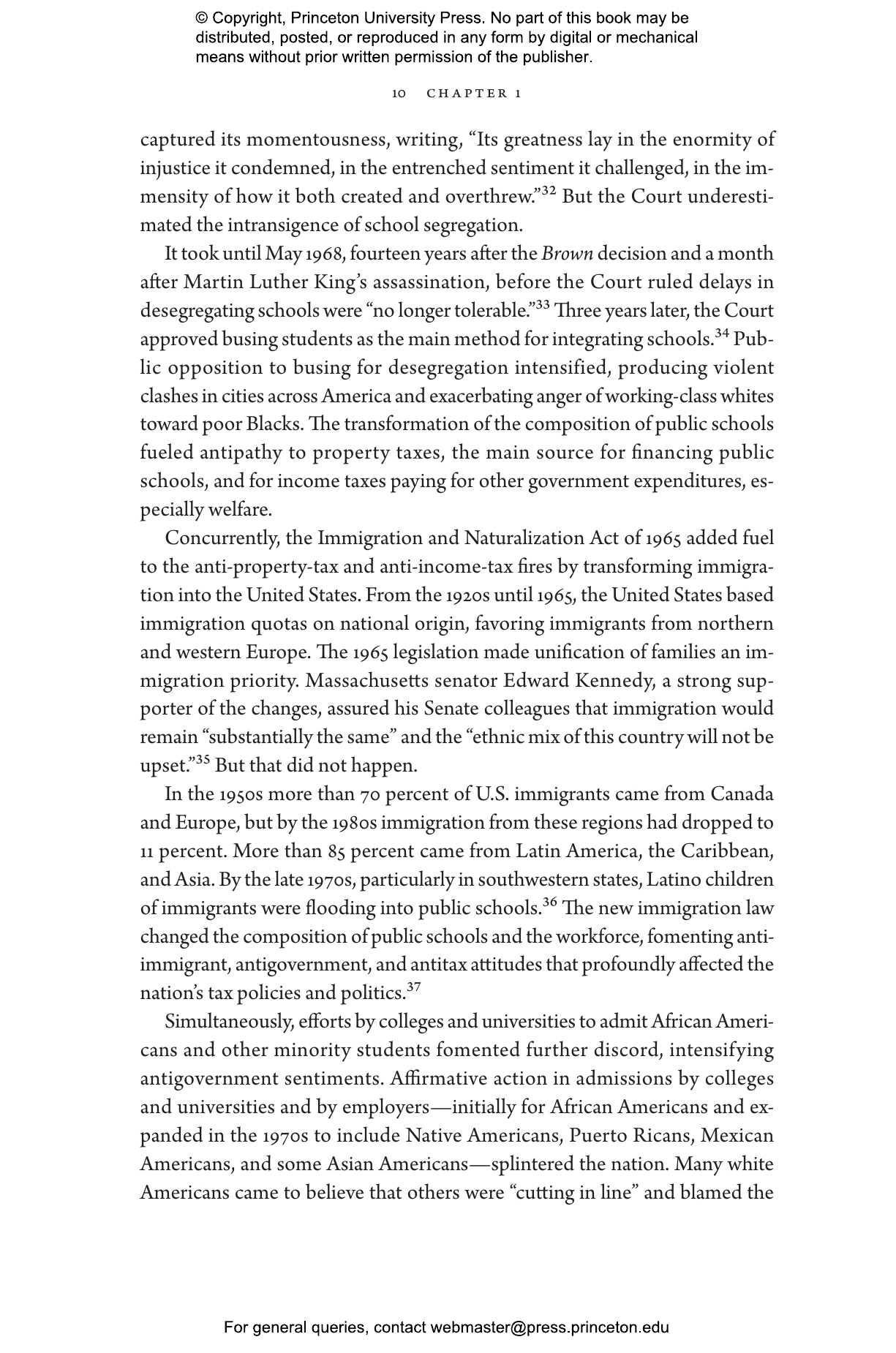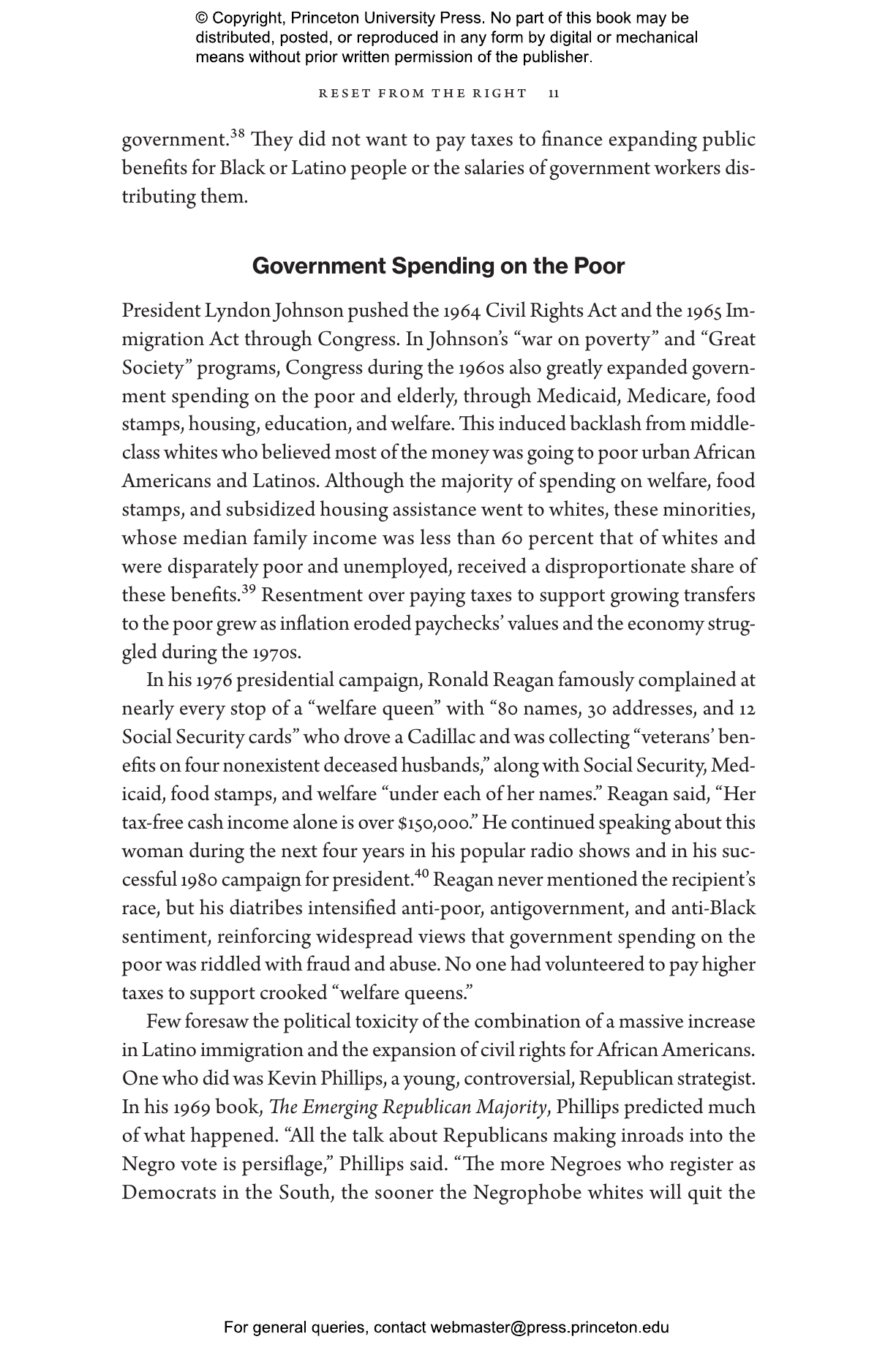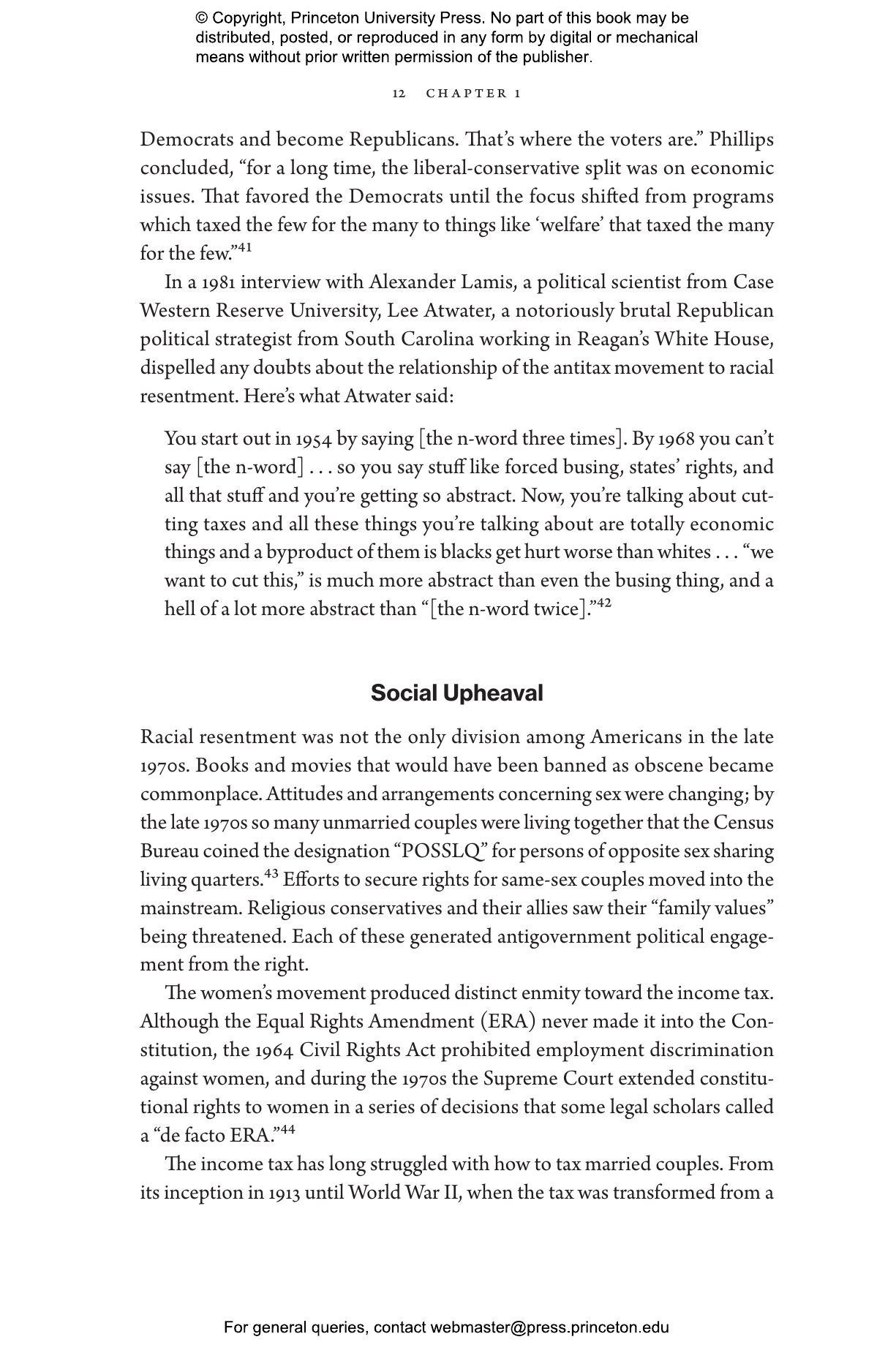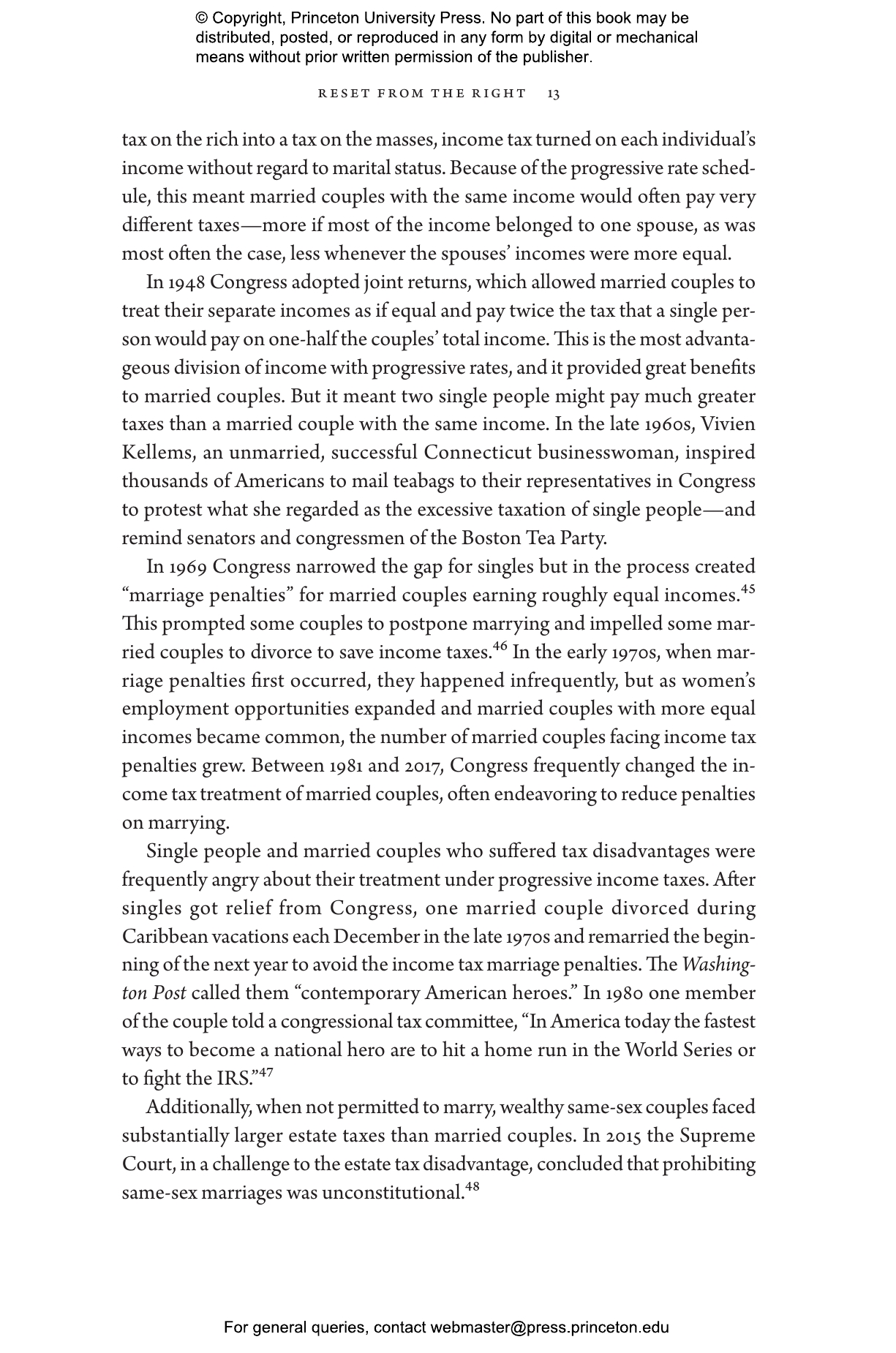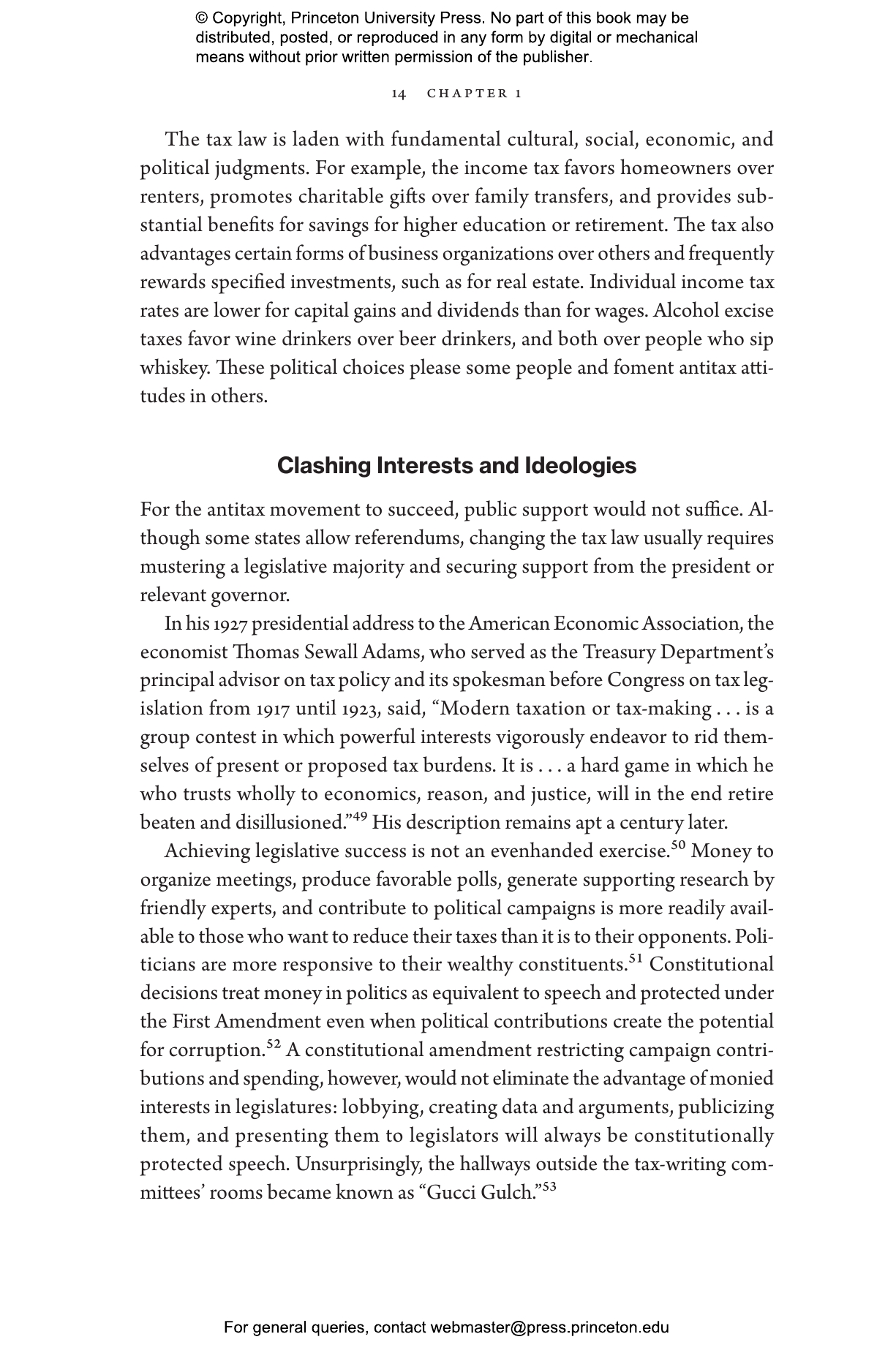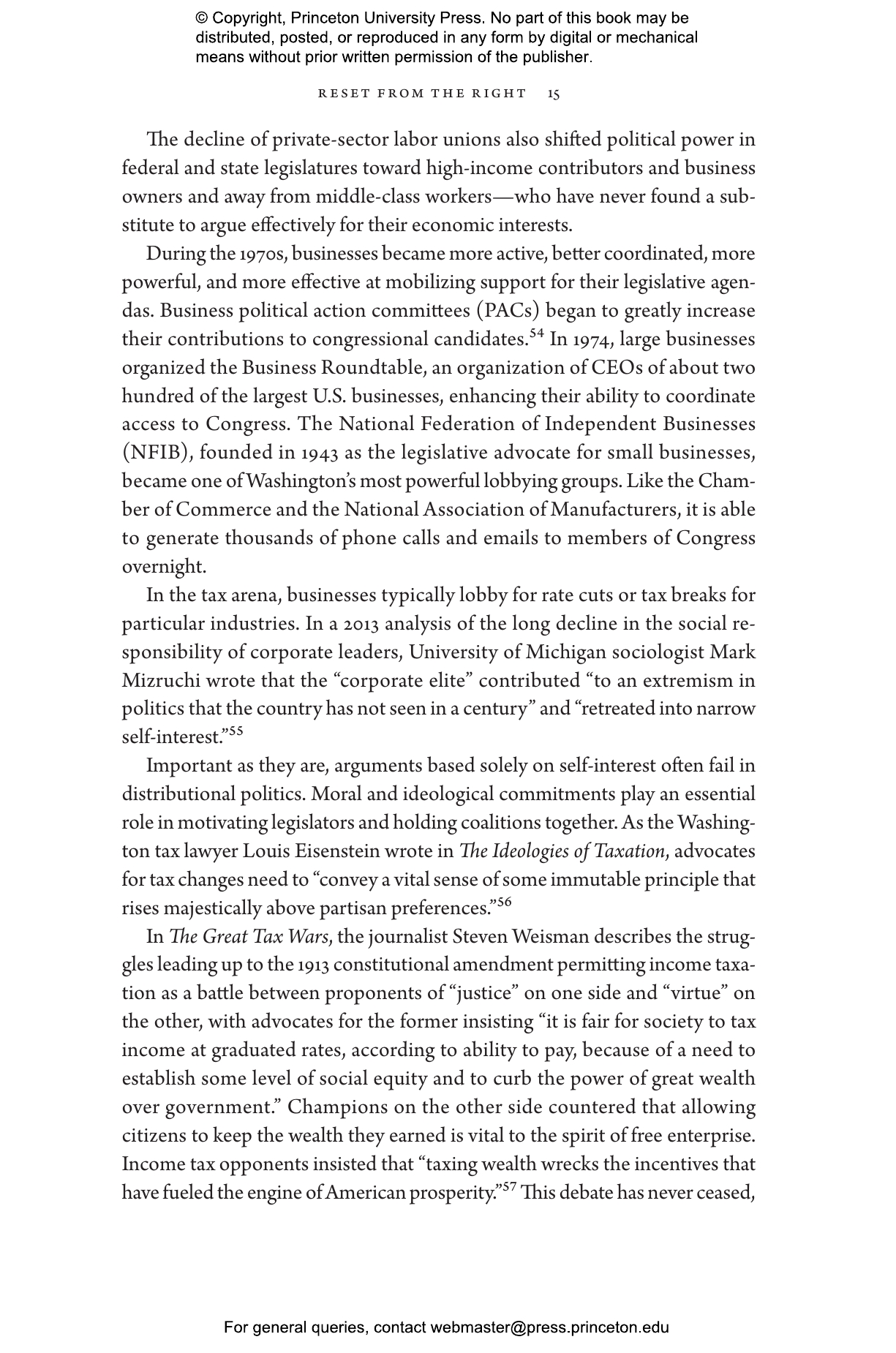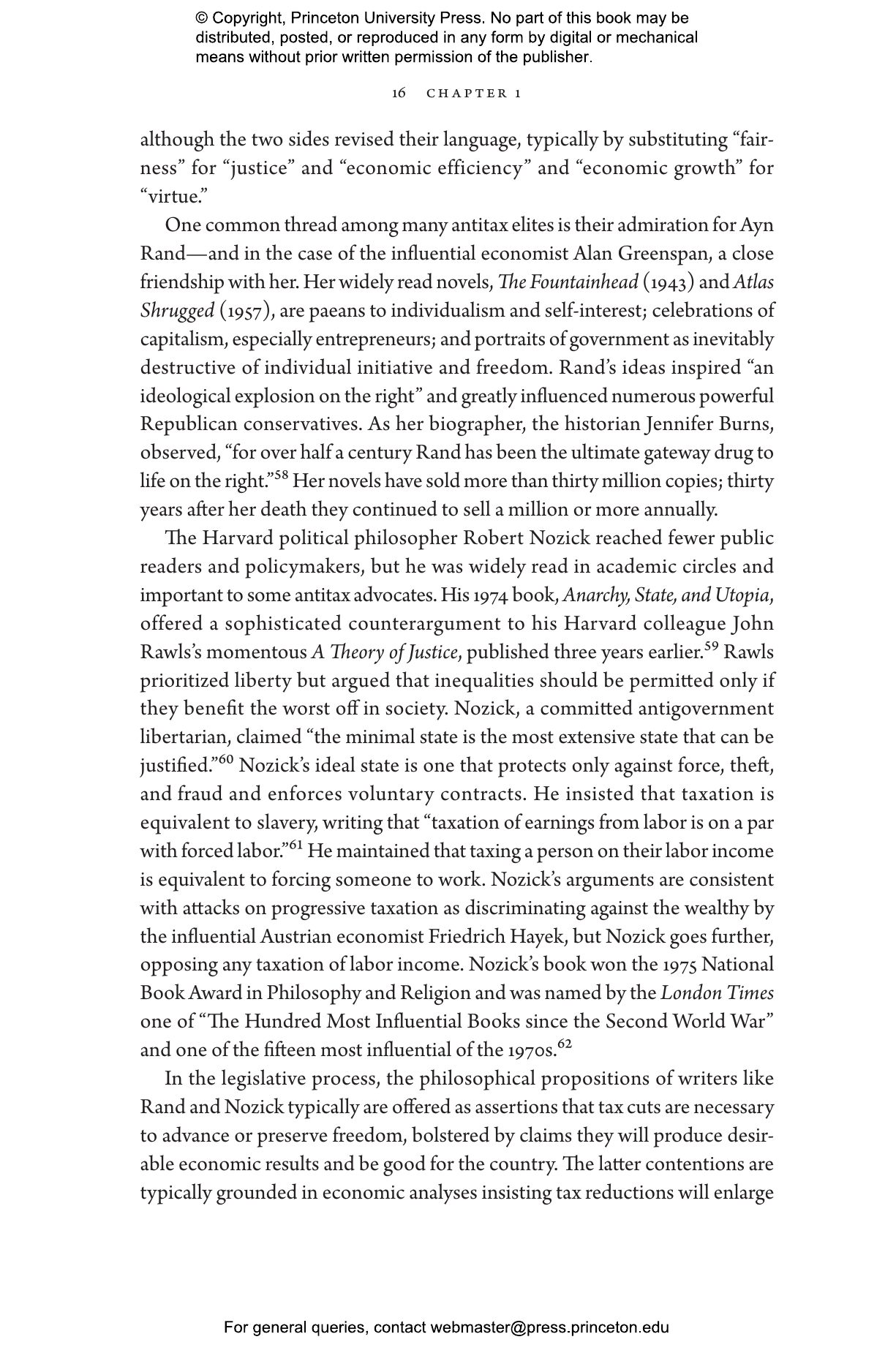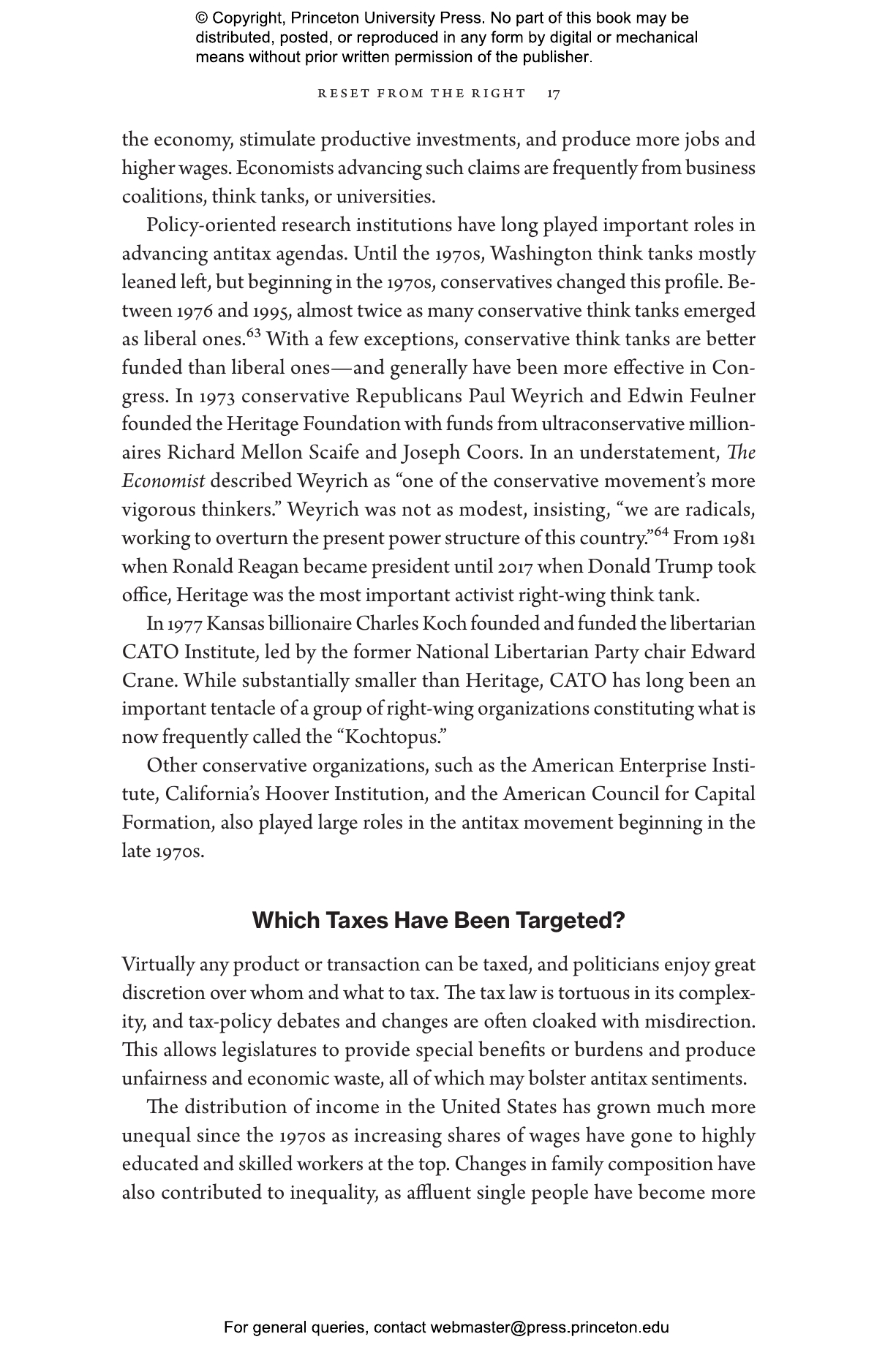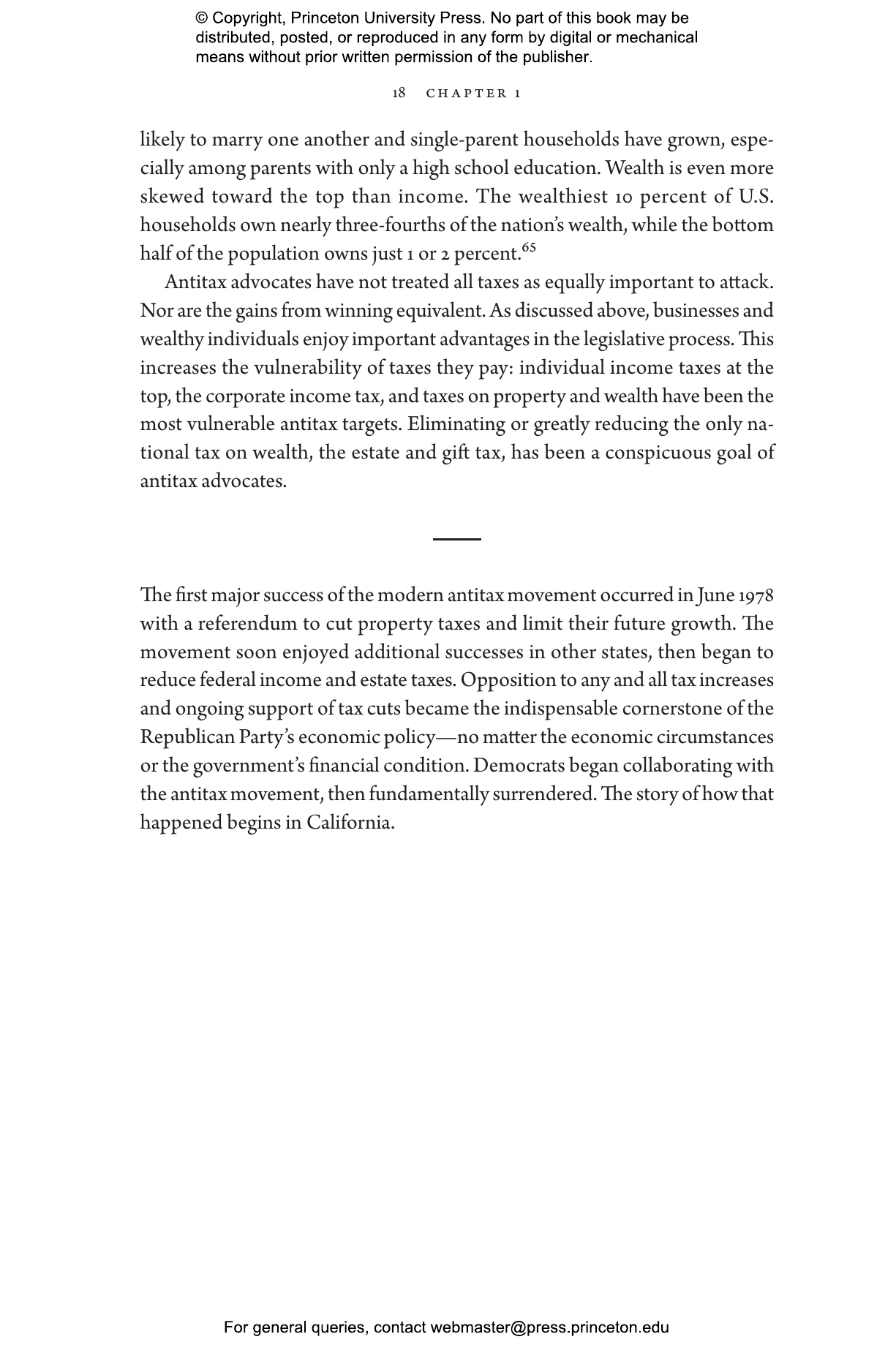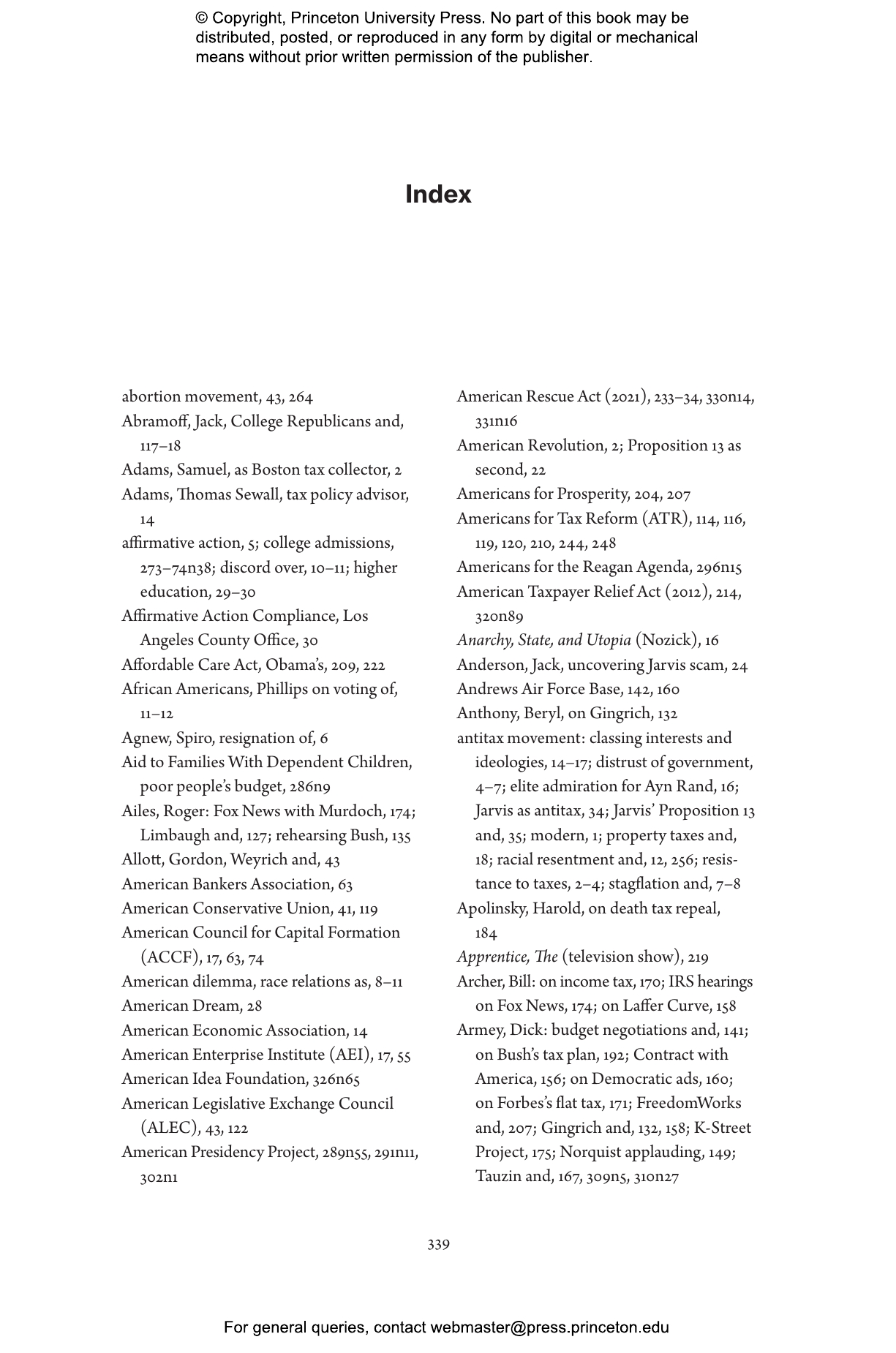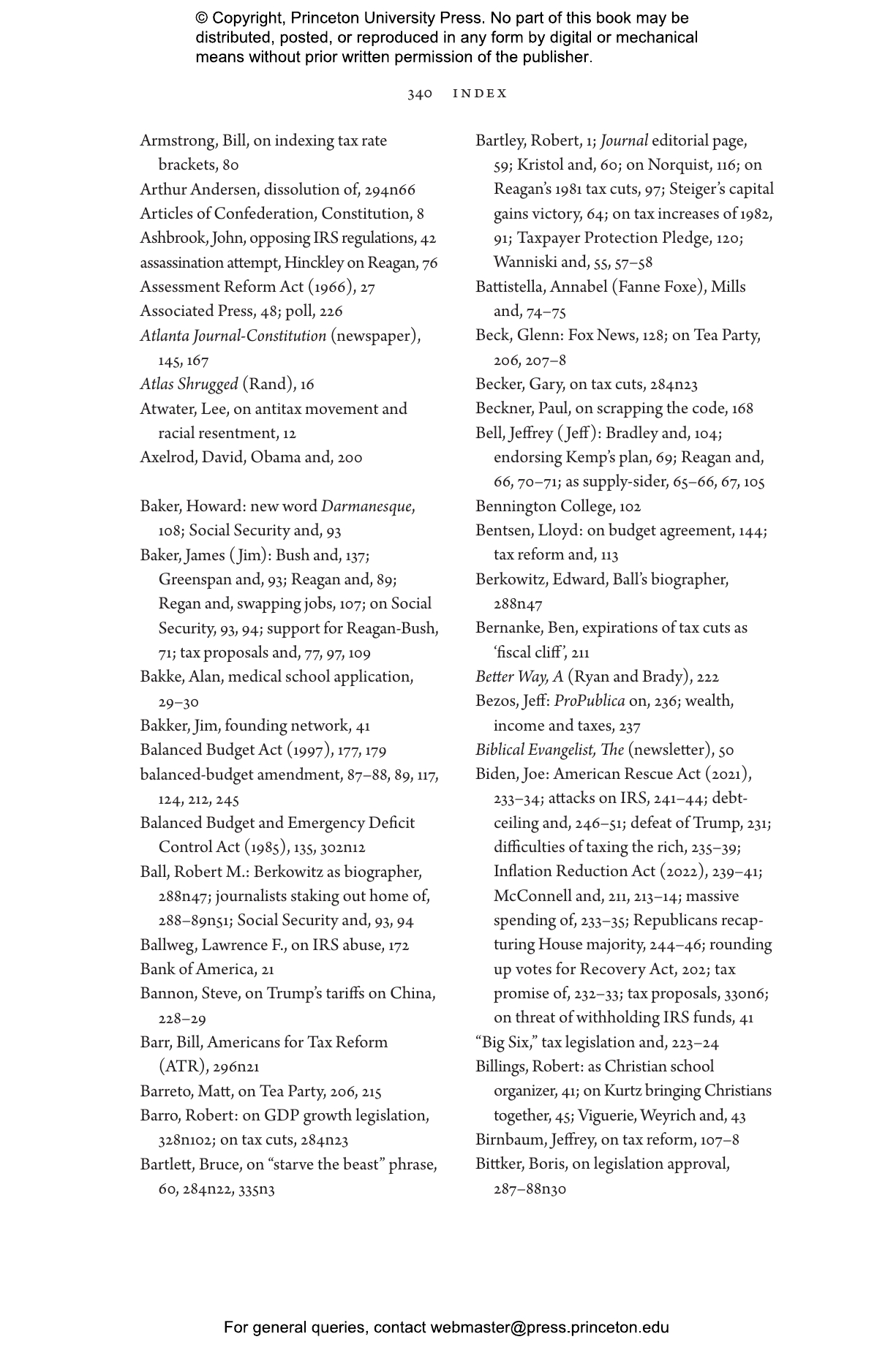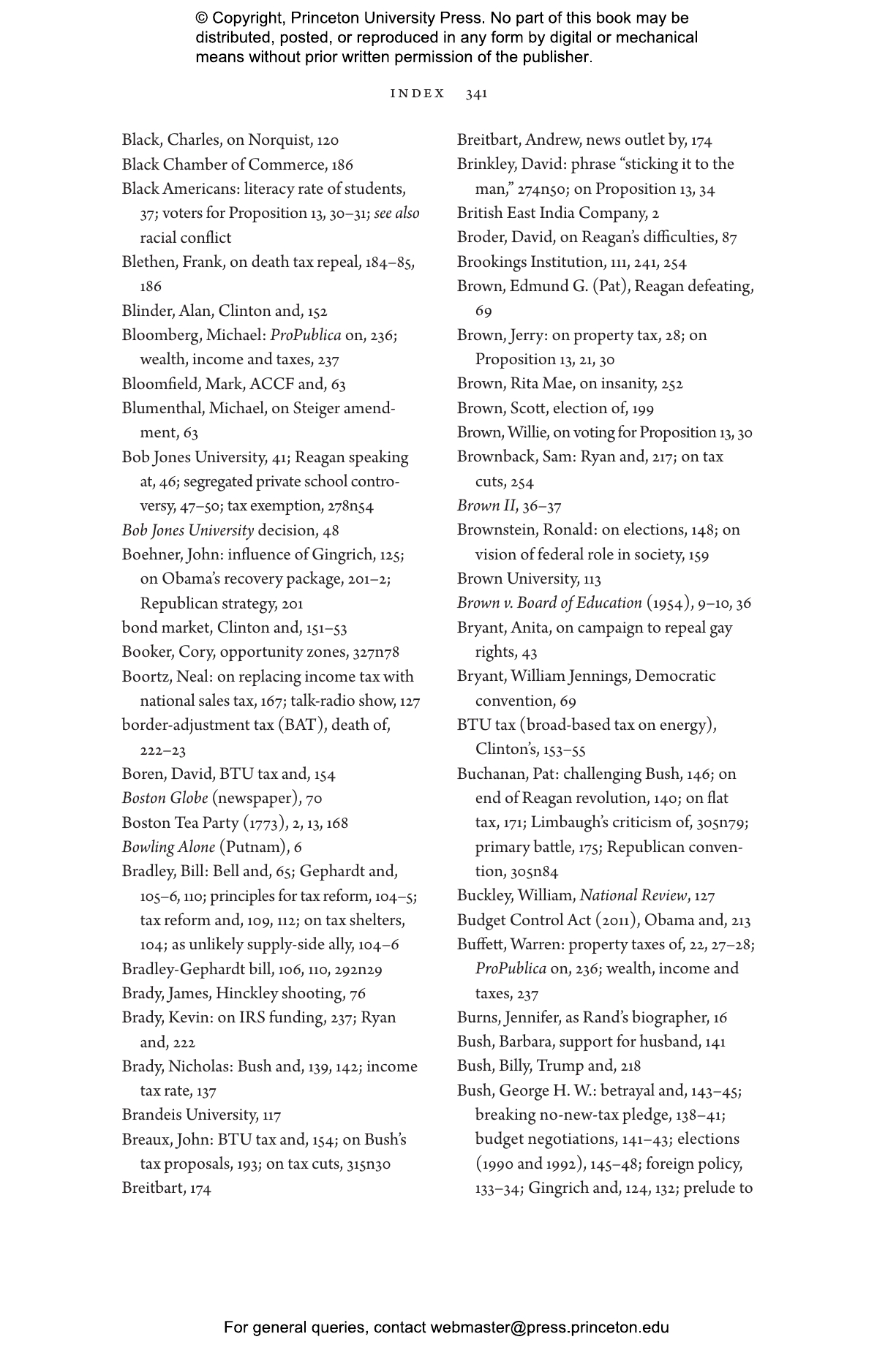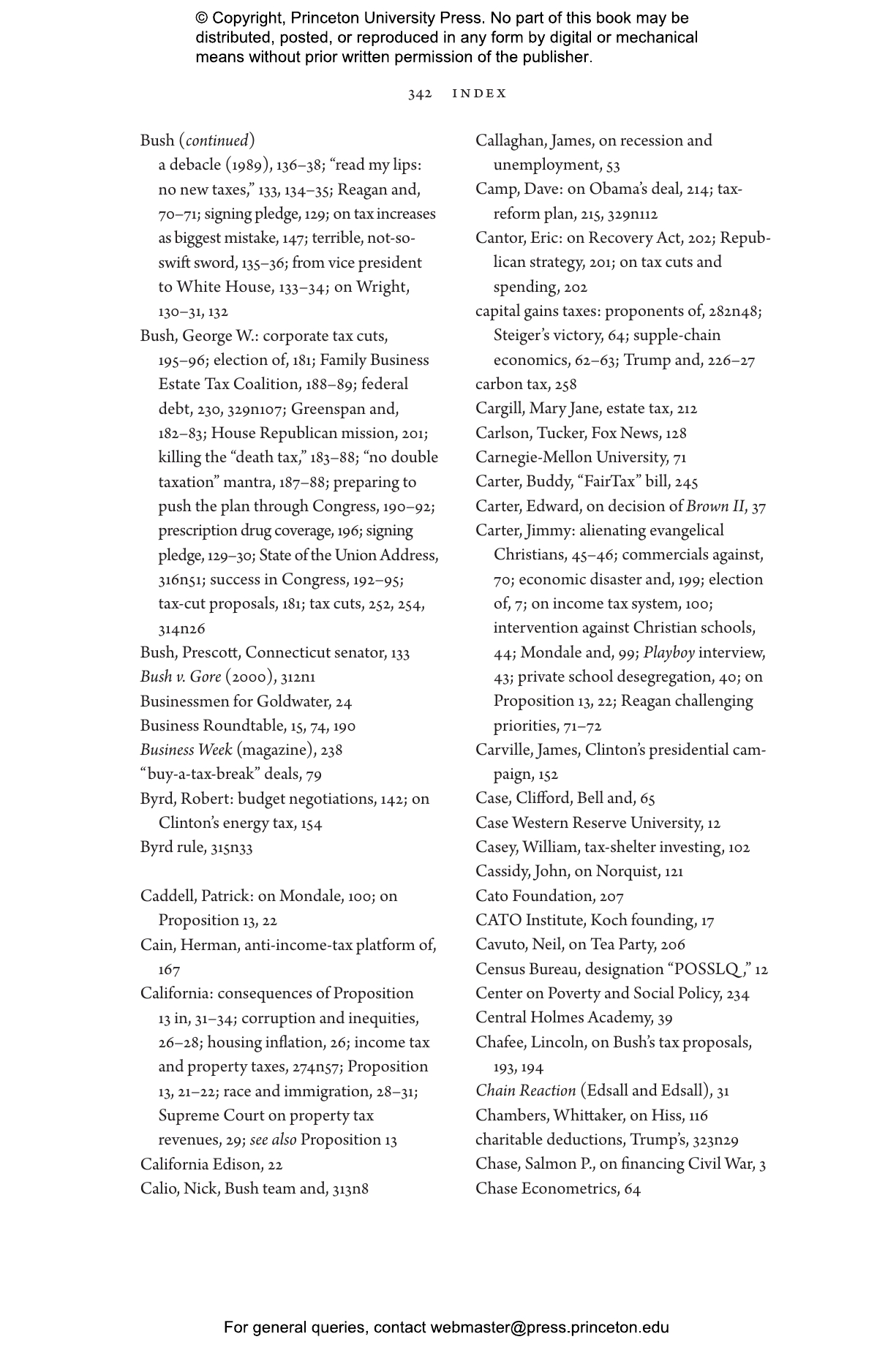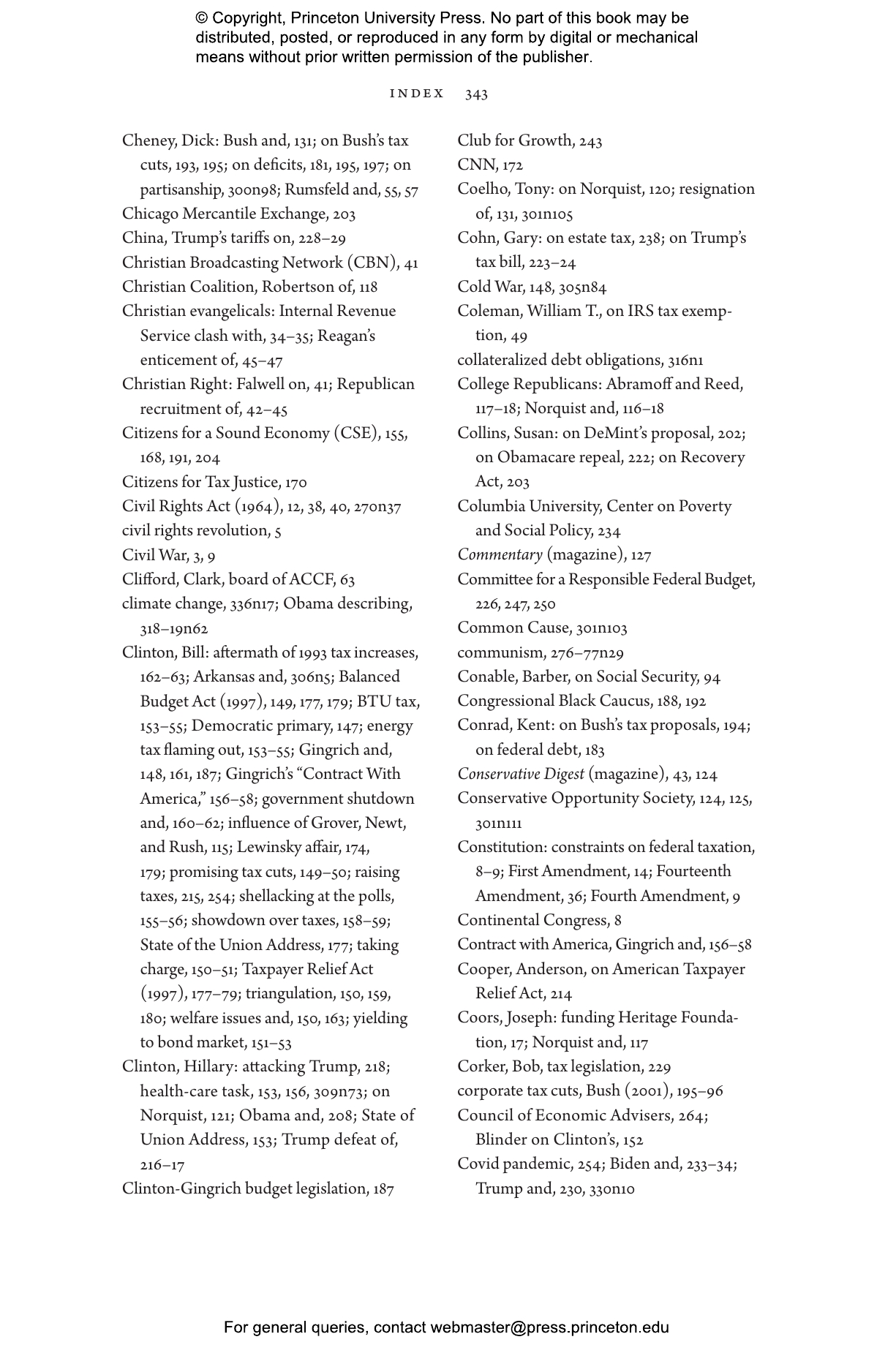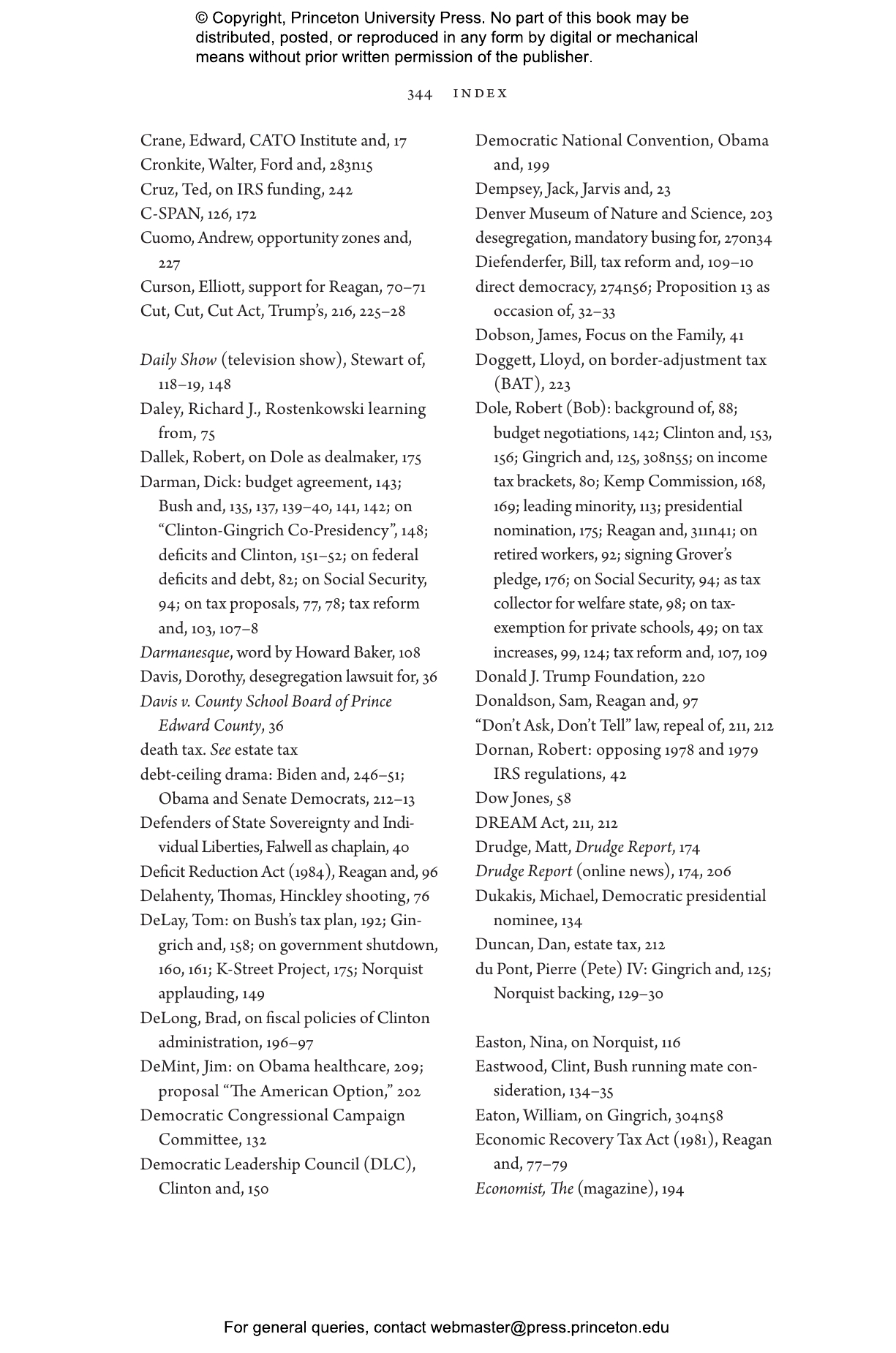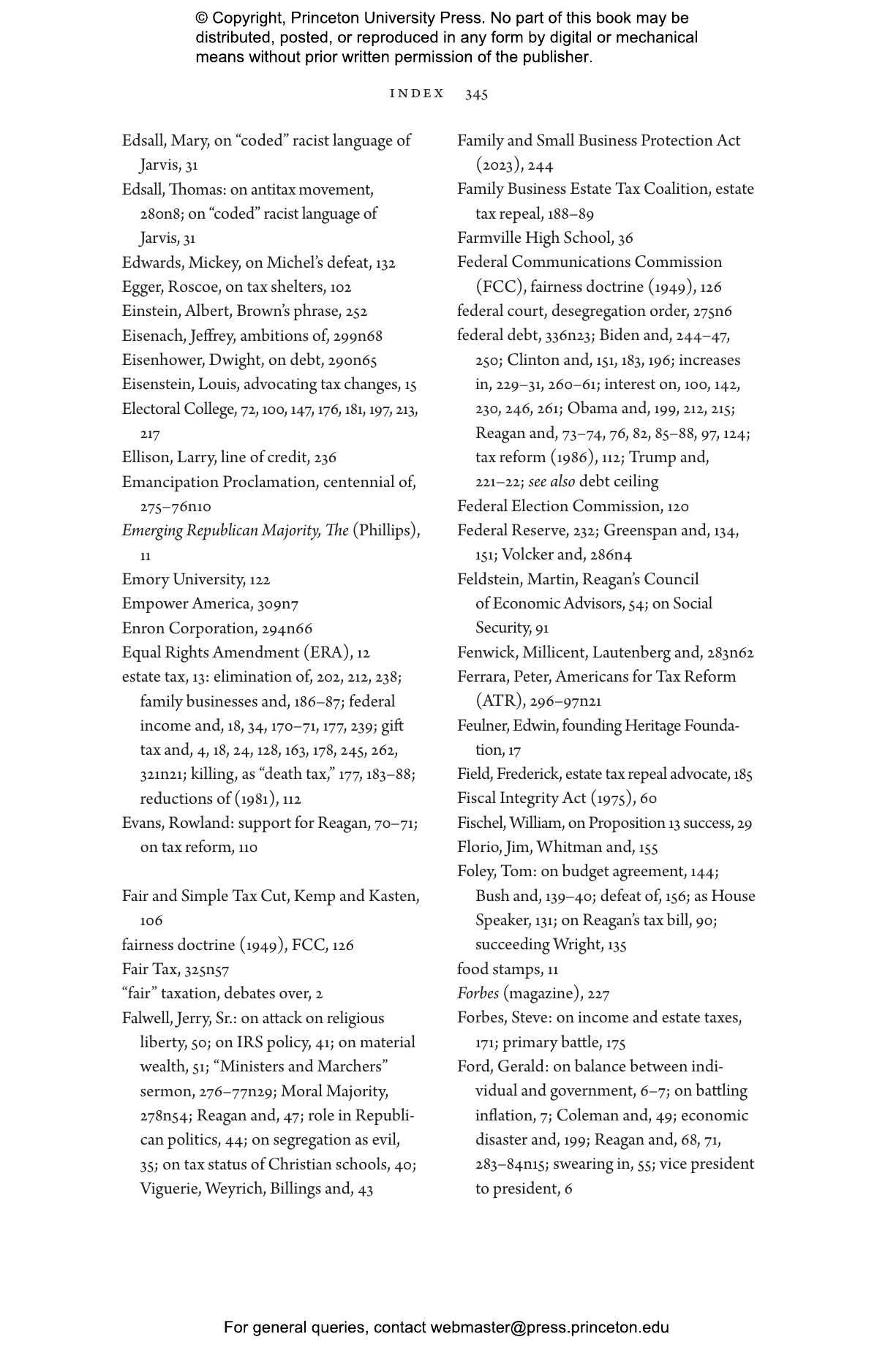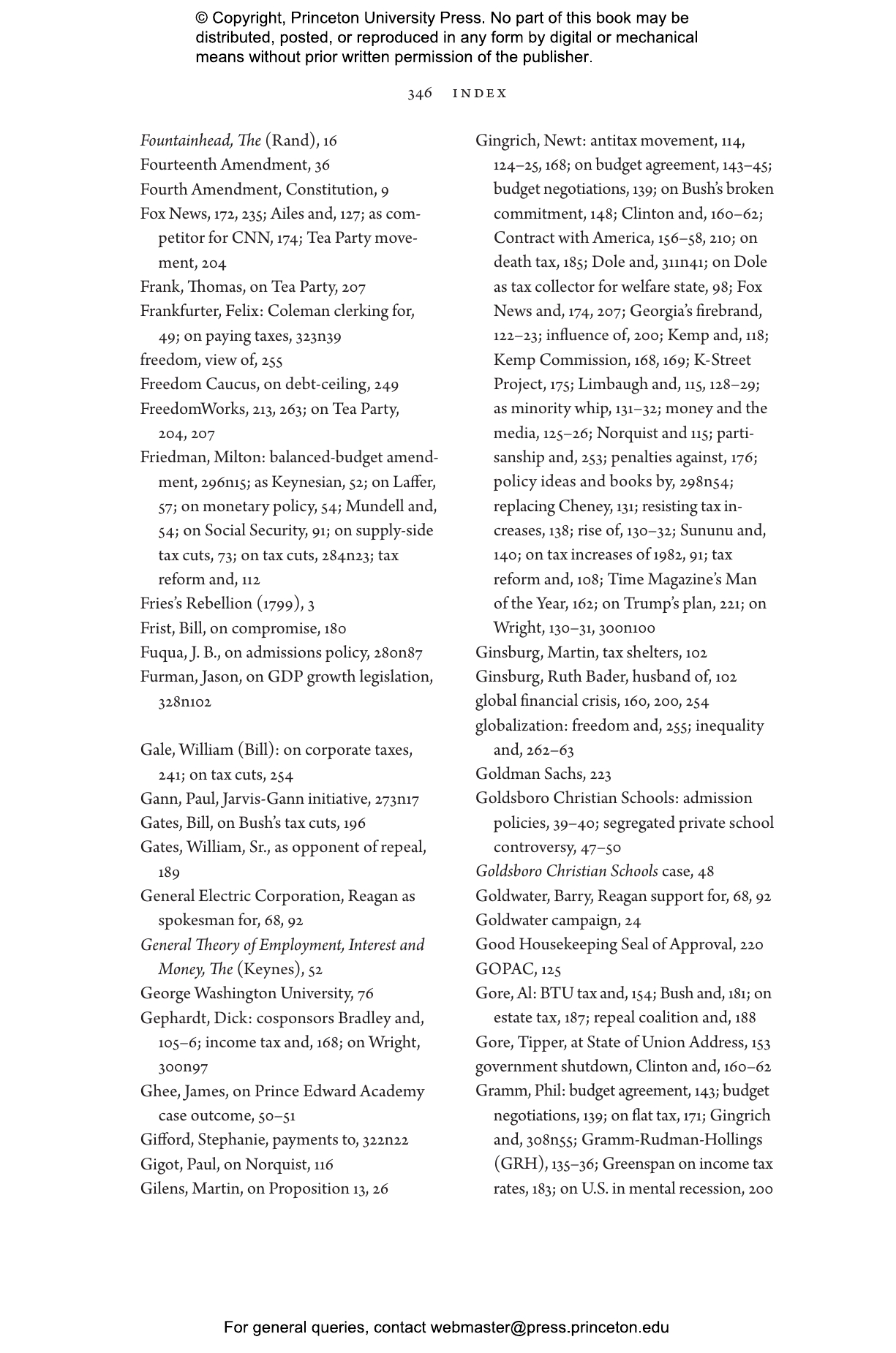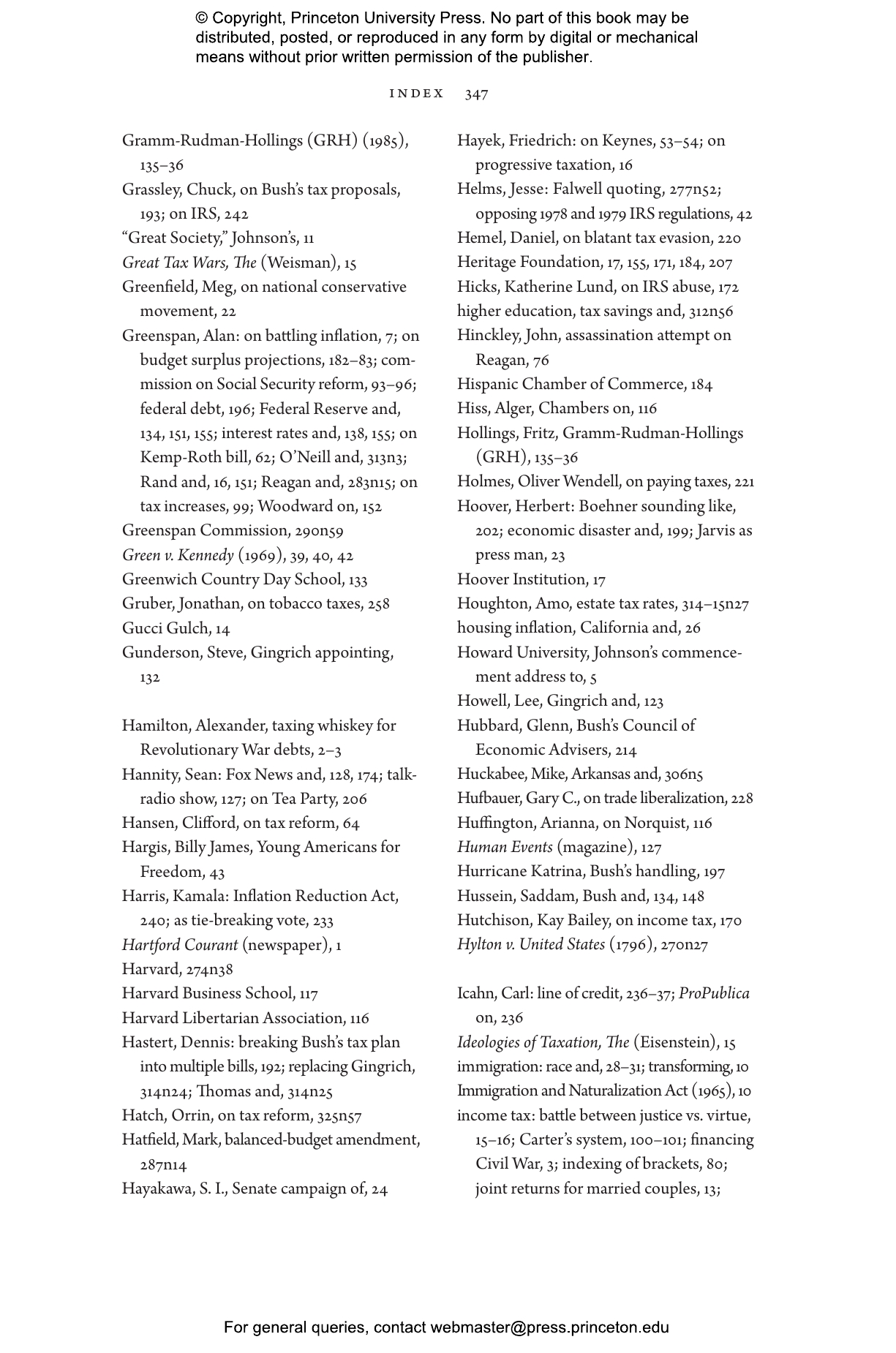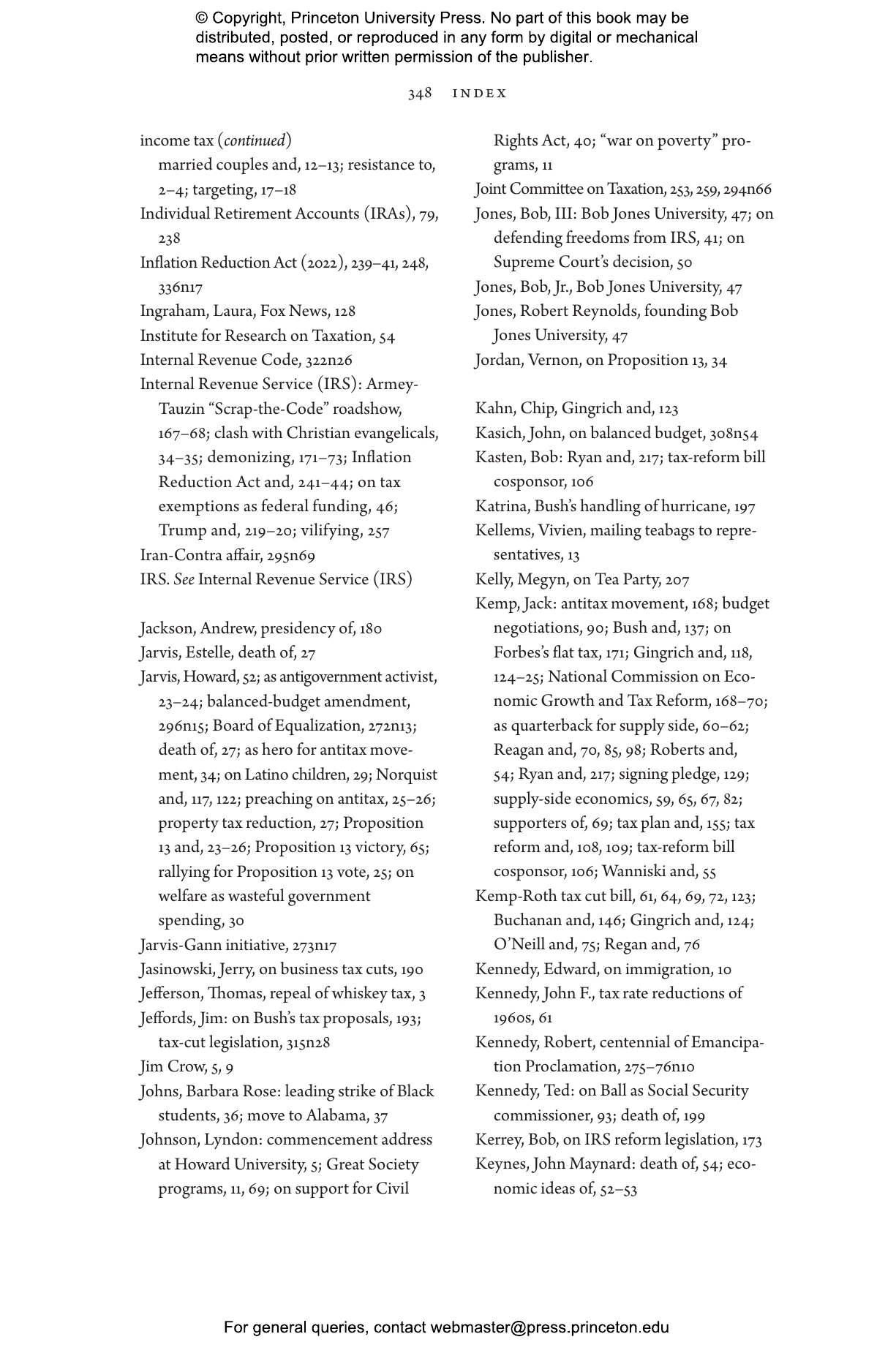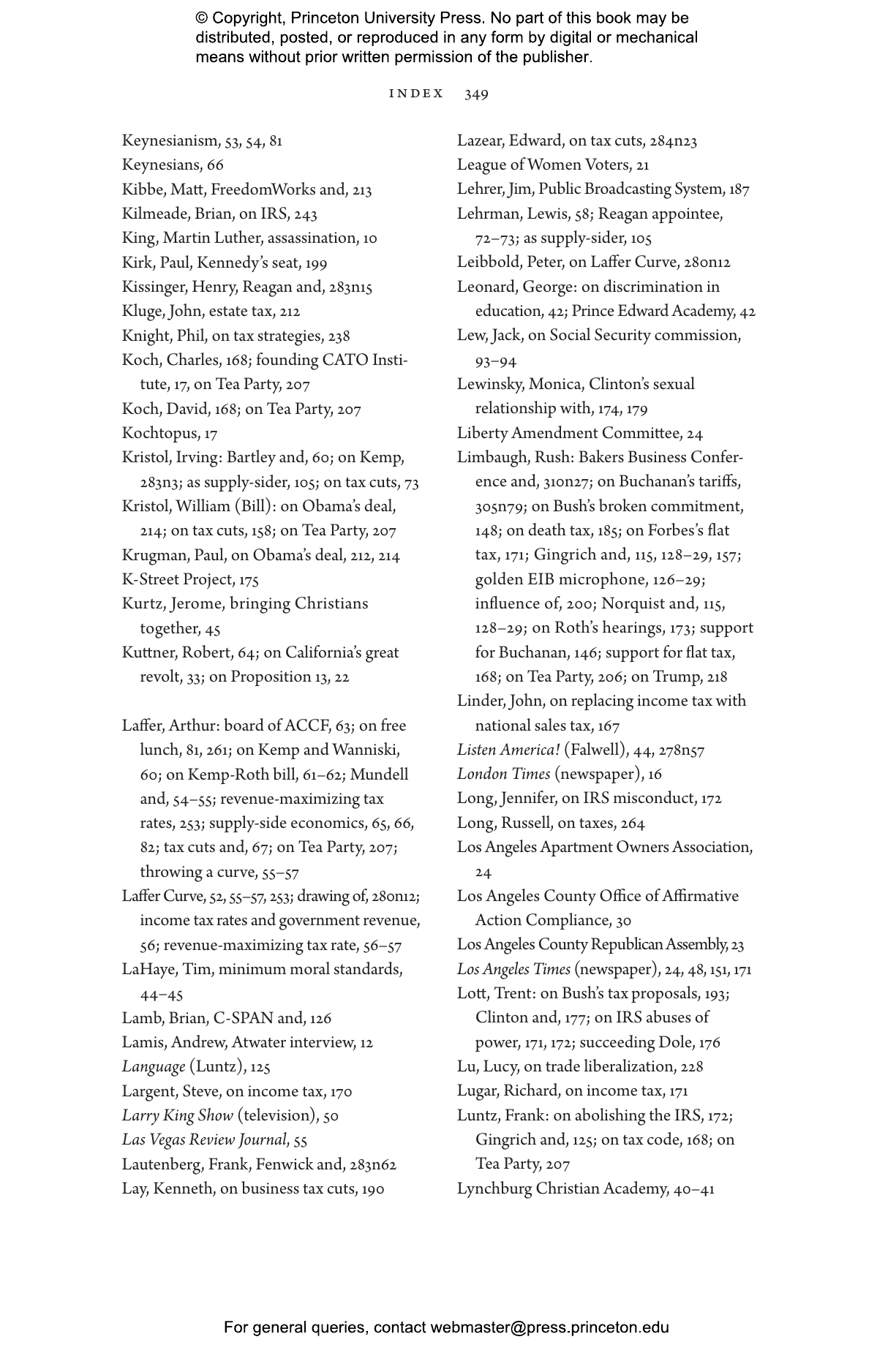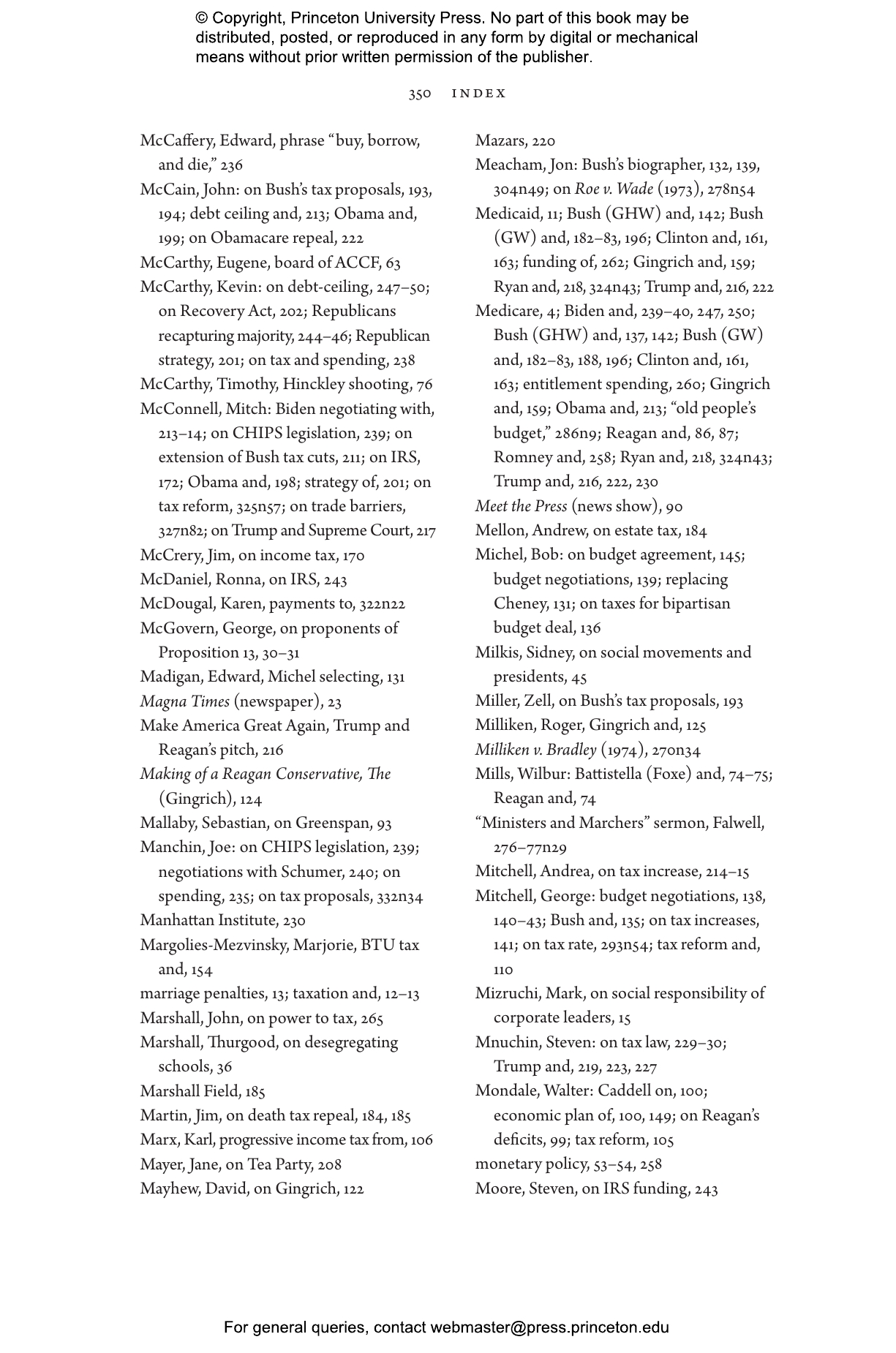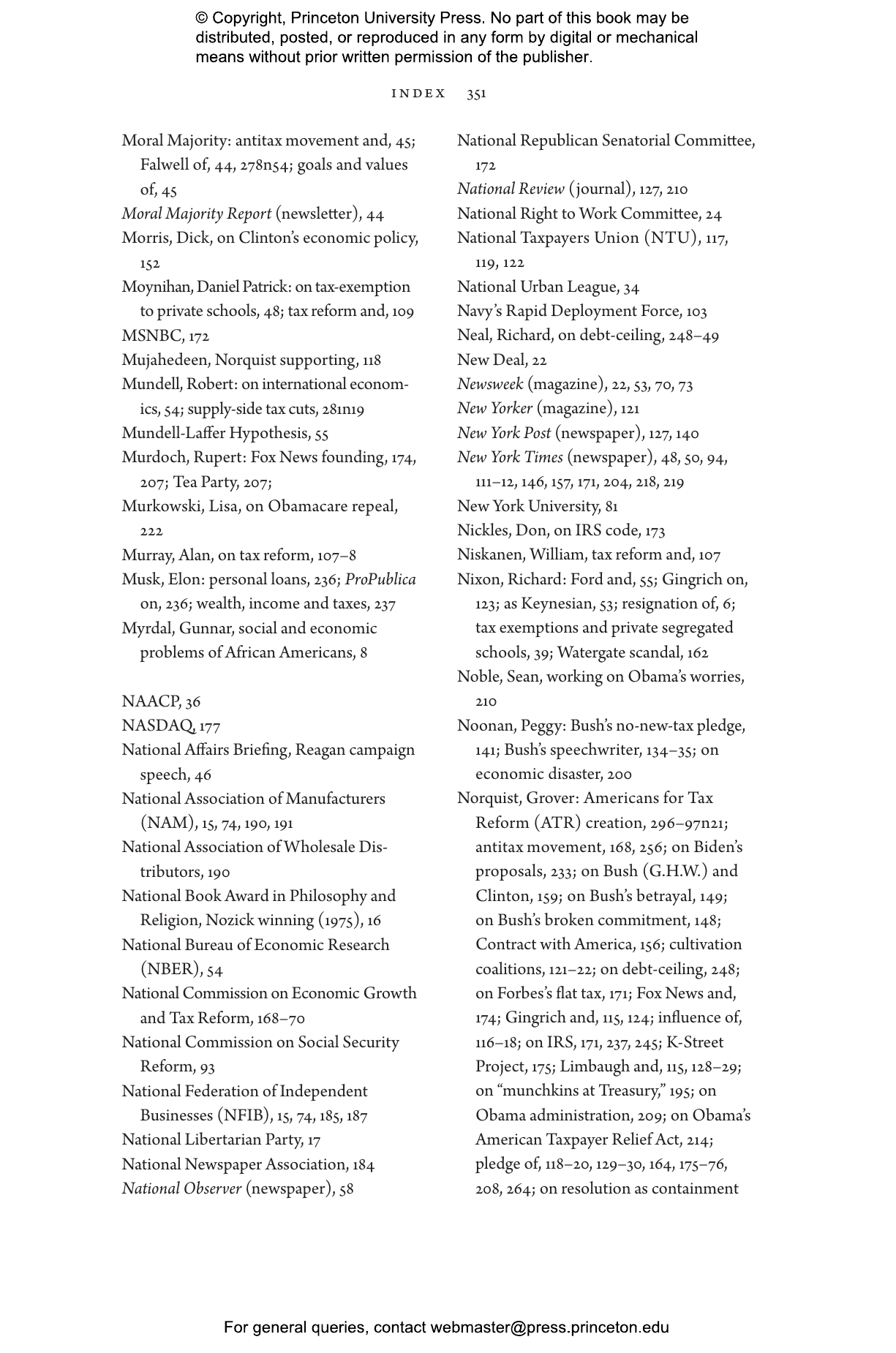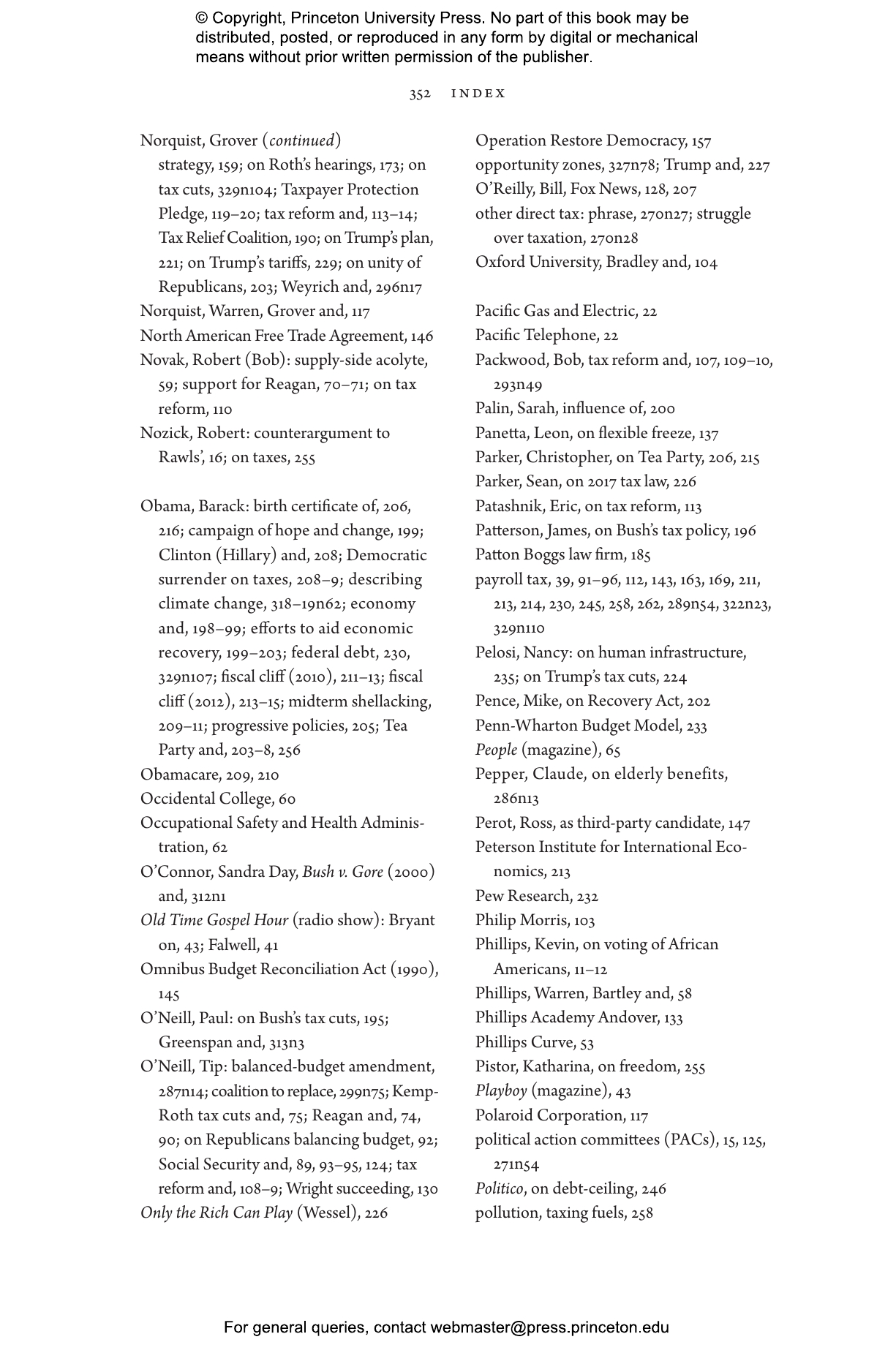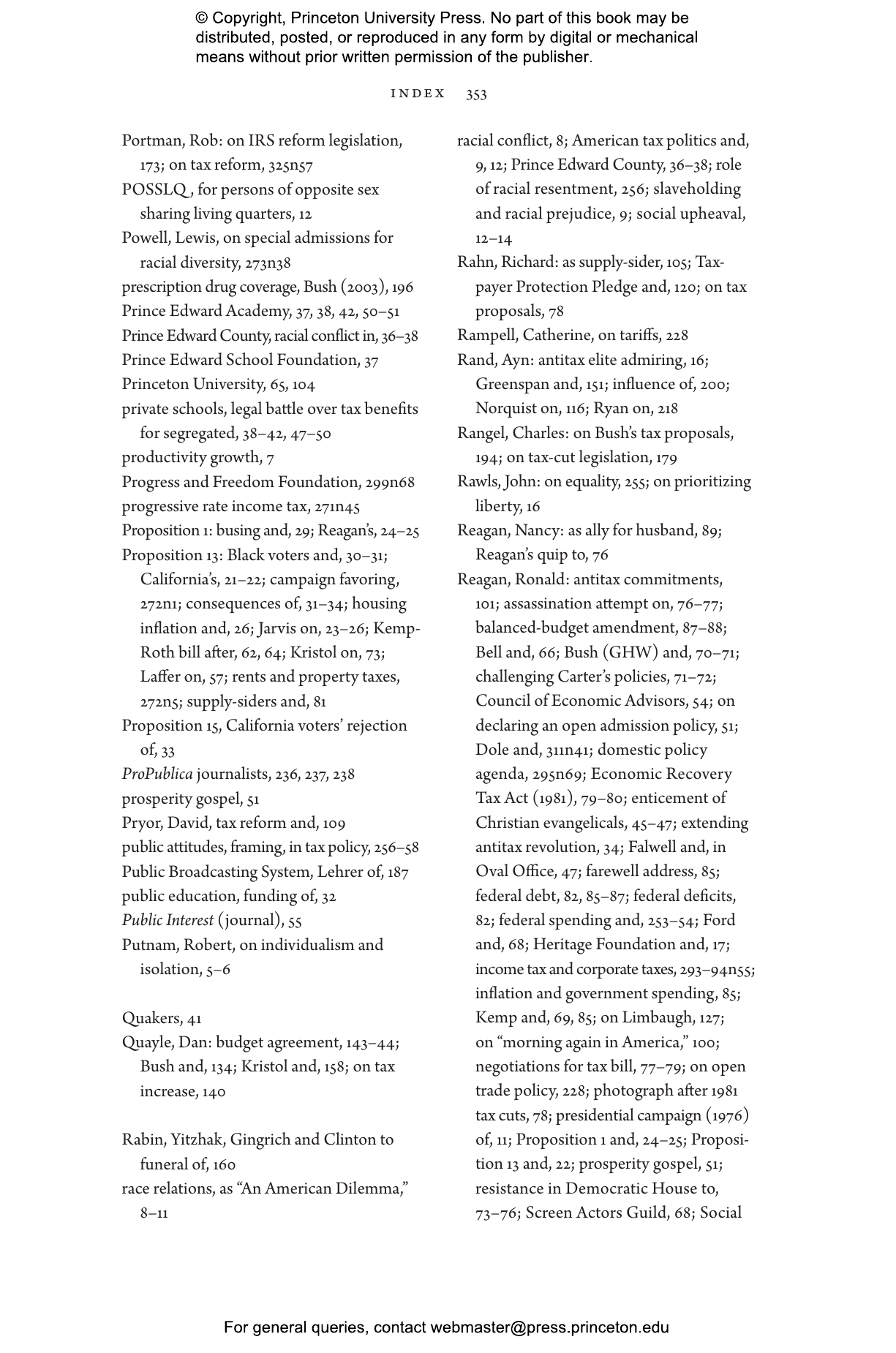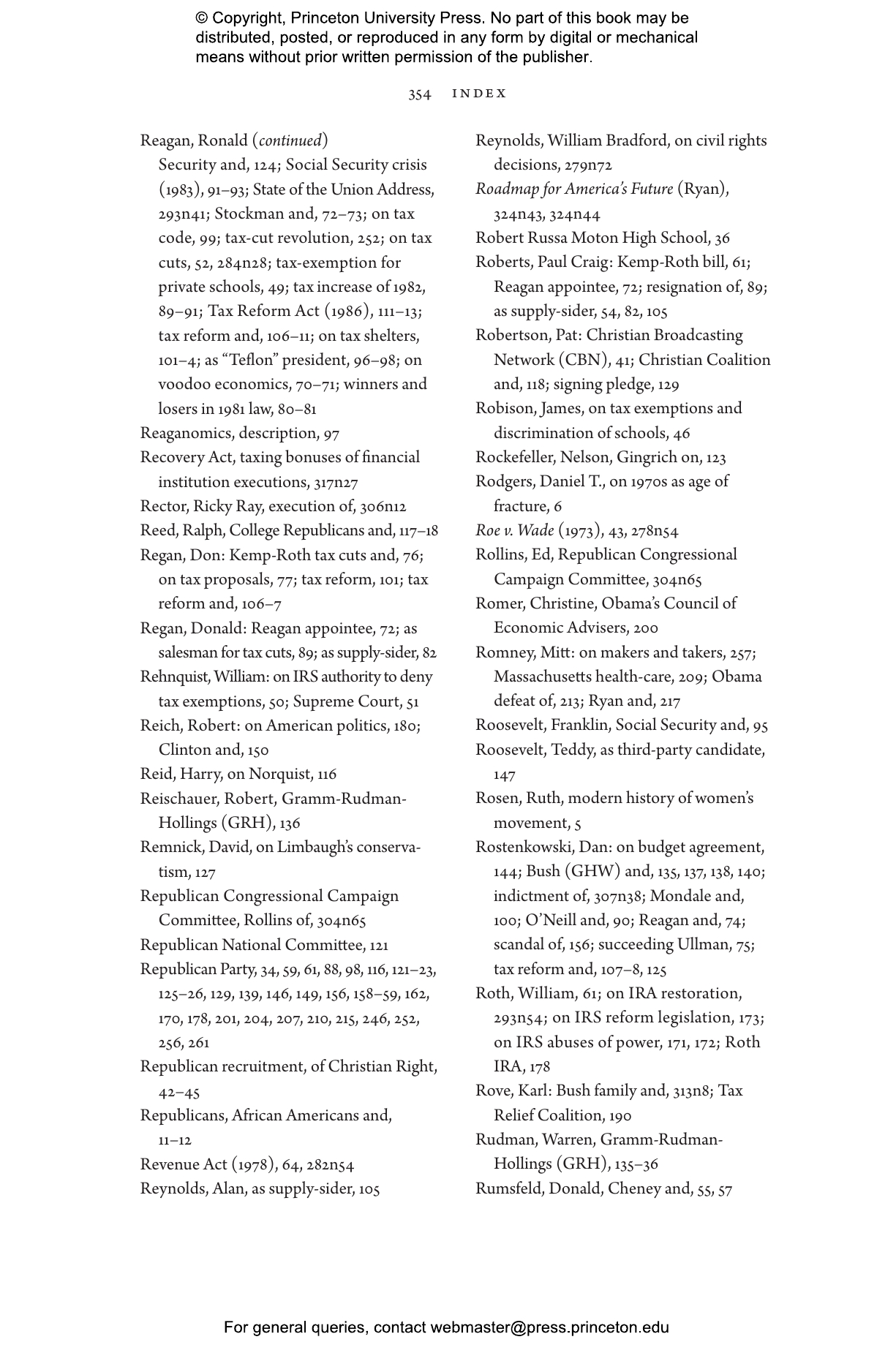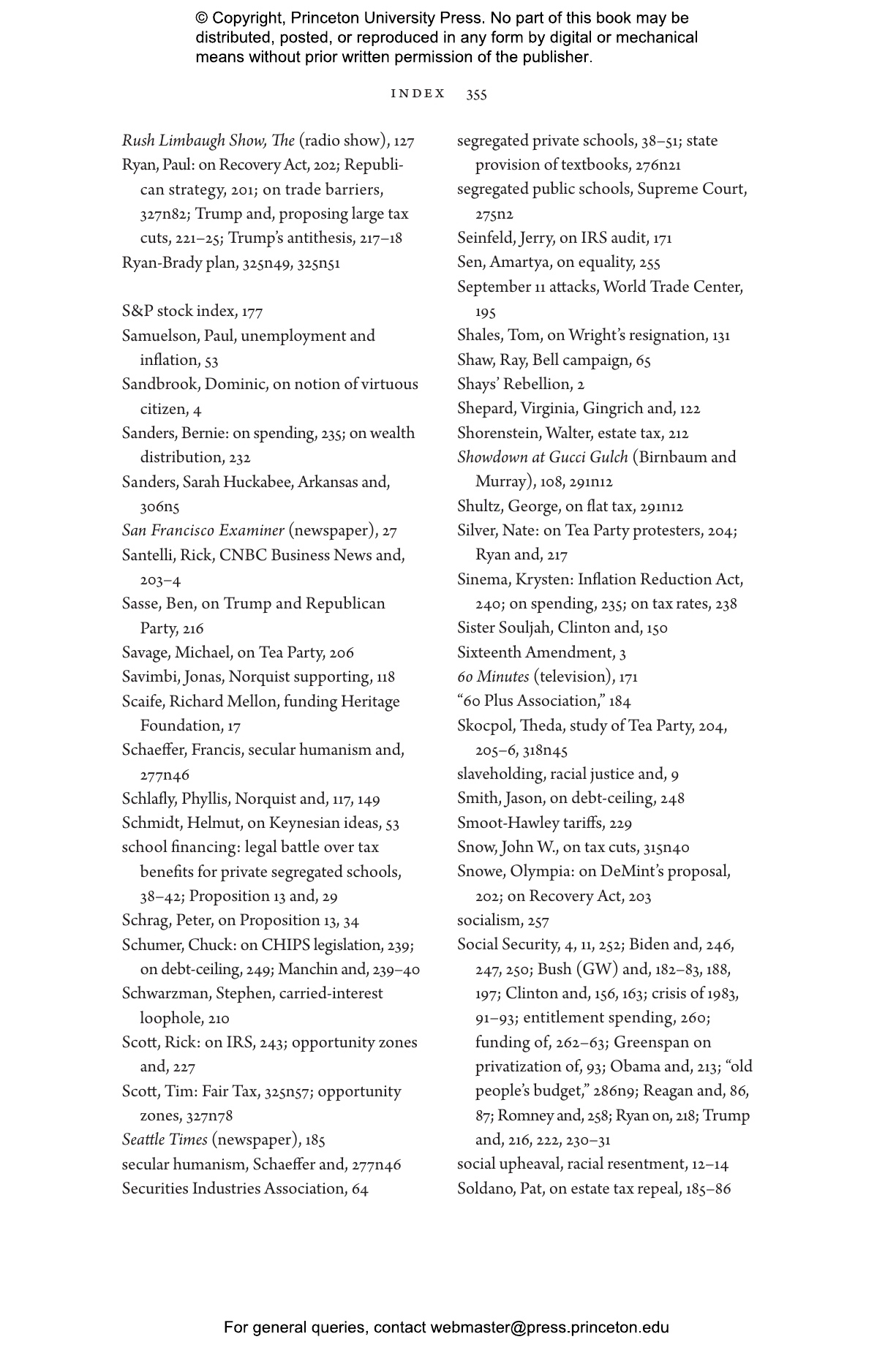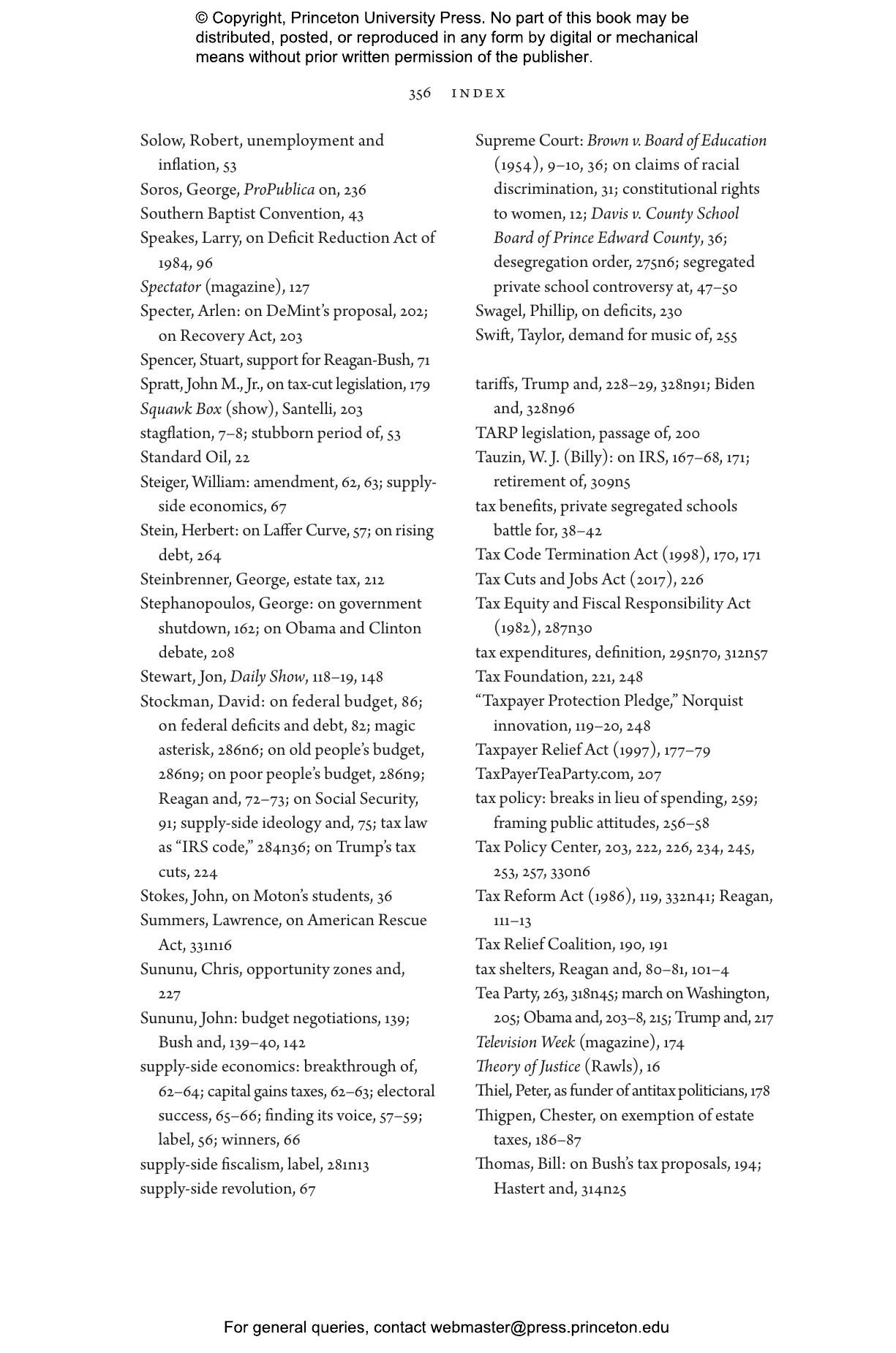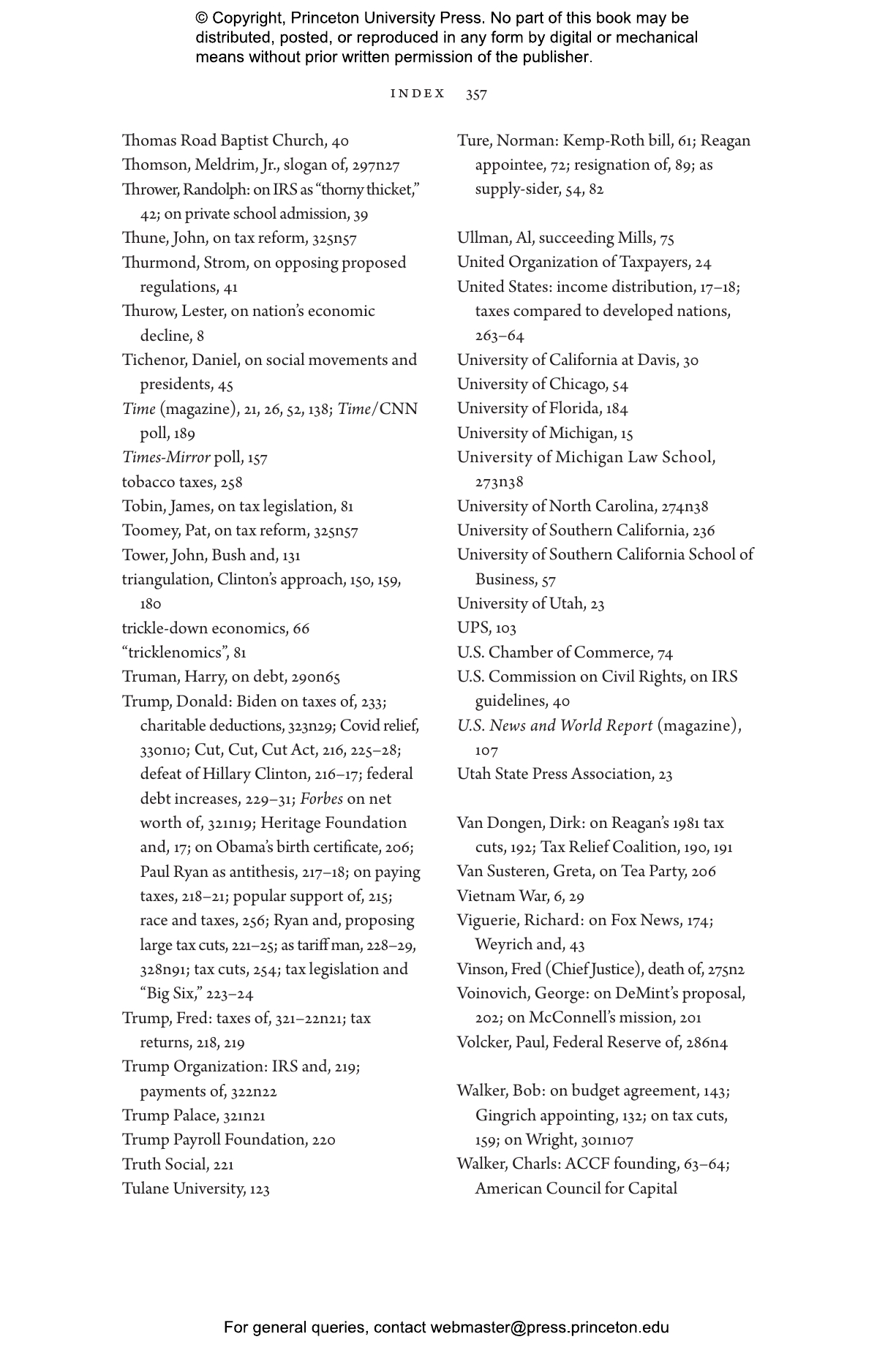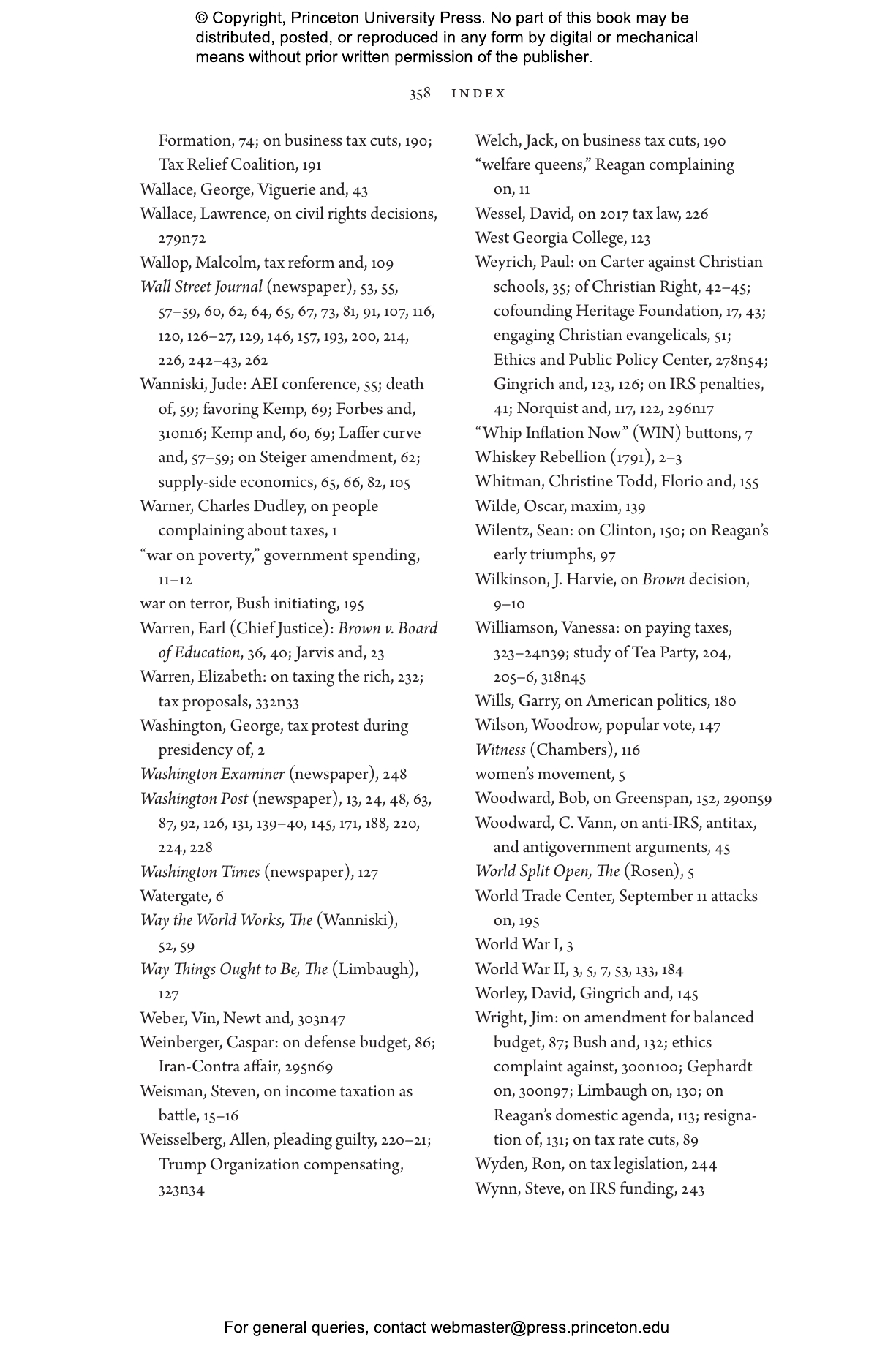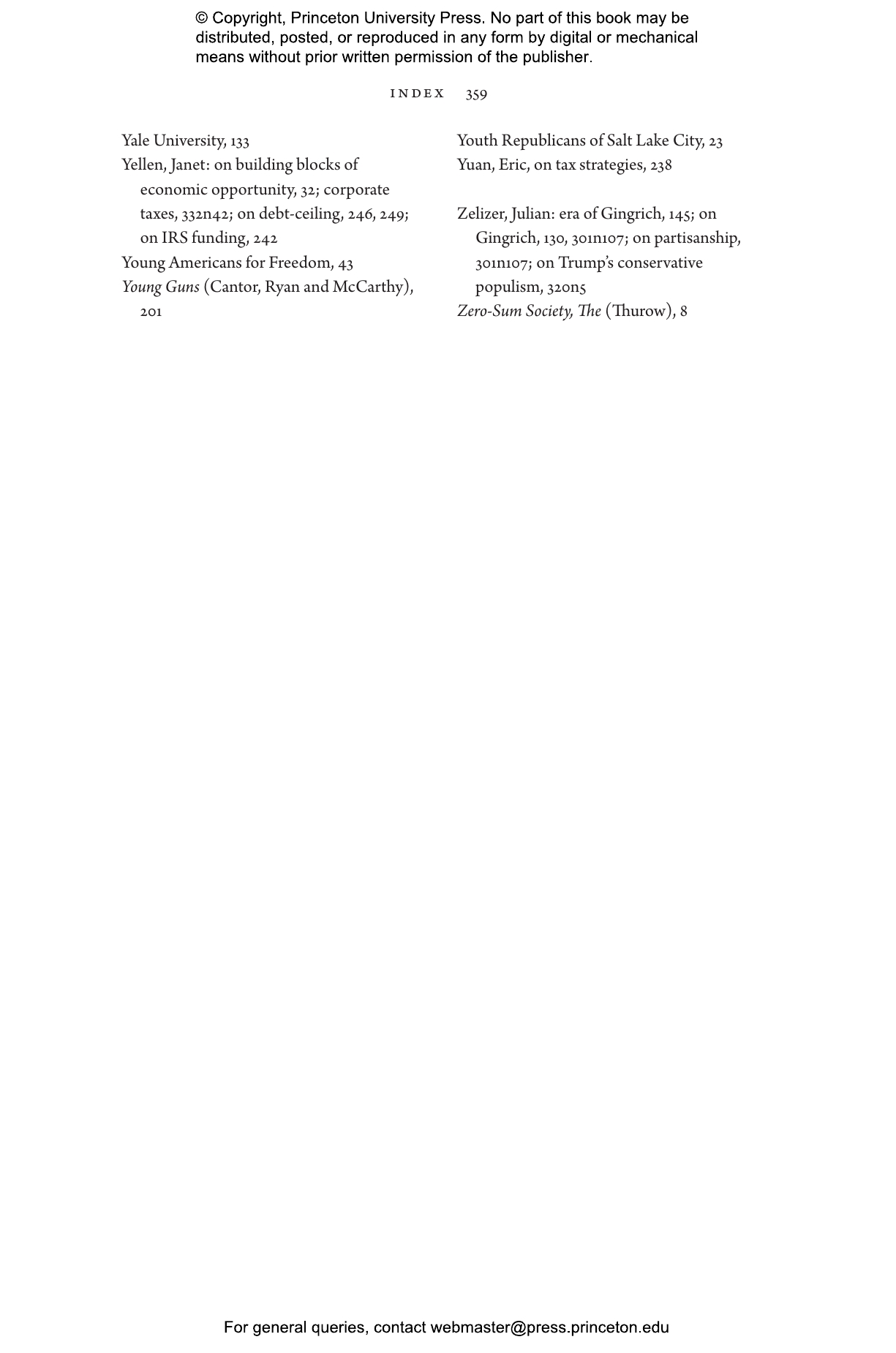The postwar United States enjoyed large, widely distributed economic rewards—and most Americans accepted that taxes were a reasonable price to pay for living in a society of shared prosperity. Then in 1978 California enacted Proposition 13, a property tax cap that Ronald Reagan hailed as a “second American Revolution,” setting off an antitax, antigovernment wave that has transformed American politics and economic policy. In The Power to Destroy, Michael Graetz tells the story of the antitax movement and how it holds America hostage—undermining the nation’s ability to meet basic needs and fix critical problems.
In 1819, Chief Justice John Marshall declared that the power to tax entails “the power to destroy.” But The Power to Destroy argues that tax opponents now wield this destructive power. Attacking the IRS, protecting tax loopholes, and pushing tax cuts from Reagan to Donald Trump, the antitax movement is threatening the nation’s social safety net, increasing inequality, ballooning the national debt, and sapping America’s financial strength. The book chronicles how the movement originated as a fringe enterprise promoted by zealous outsiders using false economic claims and thinly veiled racist rhetoric, and how—abetted by conservative media and Grover Norquist’s “taxpayer protection pledge”—it evolved into a mainstream political force.
The important story of how the antitax movement came to dominate and distort politics, and how it impedes rational budgeting, equality, and opportunities, The Power to Destroy is essential reading for understanding American life today.
"Eloquent and absorbing."—David Cay Johnston, American Prospect
"'The Power to Destroy' belongs in the growing pantheon of books that help us understand how the GOP became what it is today. It’s also an essential resource for understanding the fiscal storm clouds that Graetz sees on the horizon."—Brian Rosenwald, Washington Post
"[An] entertaining way of getting beyond the antiseptic technical aspects of tax to an understanding of how tax law is really made. . . . A must-read."—Martin A. Sullivan, Tax Notes
"An extraordinarily well-documented, informative, and compelling analysis of the movement Ronald Reagan celebrated as 'a second American Revolution.'"—Glenn C. Altschuler, Messenger
"[An] insightful and disturbing analysis. . . . Through his accessible presentation of recent decades of political battles over interconnected issues, such as the right’s fight for the tax-exempt status of religious schools and its pushback against the IRS’s 1971 policy that tax-exempt schools must be racially nondiscriminatory, Graetz effectively makes the case that antitaxation has been ‘the most overlooked social and political movement in recent American history.’ This is a must-read for those concerned about the U.S. economy’s growing reliance on debt."—Publishers Weekly (Starred review)
"Illuminating. . . . An accessible, searching look at the injustices built into the American way of taxation."—Kirkus Reviews
"A landmark contribution to the literature on U.S. fiscal politics."—Joseph J. Thorndike, Tax Notes
“You can’t understand what happens in Washington without understanding the politics of taxation, which have been central to American public life since the Sons of Liberty dumped tea in Boston Harbor, and have become even more central in the last half century, with the antitax takeover of the Republican Party. Michael Graetz intimately understands both the policy and the politics, enabling him to spin an irresistible yarn.”—Alan Murray, CEO of Fortune Media and author of Tomorrow’s Capitalist: My Search for the Soul of Business
“Our national resistance toward taxation in recent decades was not inevitable. In this provocative and comprehensive history, Michael Graetz provides an insightful narrative of a full-scale conservative movement that formed in the 1970s to undermine and dismantle the federal tax system. The objectives were regressive and the methods effective. Fighting taxes became the new anticommunism in conservative politics. A must-read for anyone interested in American politics beyond the headlines.”—Julian E. Zelizer, author of Burning Down the House: Newt Gingrich and the Rise of the New Republican Party
“The Power to Destroy brilliantly shows how often the antitax movement has been allied against racial equity, beginning with Lee Atwater’s notorious ads against so-called welfare queens and the fight over California’s Proposition 13. This book is required reading for anyone who wants to understand the origins and staying power of the antitax movement that has done so much to define the state of our schools, our transportation, our housing, and our politics. And no one is more qualified to tell this story than Michael Graetz.”—Deborah N. Archer, president of the ACLU
“With analytical panache, Michael Graetz has provided a fascinating policy history that navigates transformations to the political economy of taxation in the United States during the past half-century. Sure to garner much attention, The Power to Destroy confers understanding by linking considerations of material interests, movement mobilization, the creation and dissemination of policy ideas, and patterns of political influence to explain the making and doleful effects of antitax successes.”—Ira Katznelson, author of Fear Itself: The New Deal and the Origins of Our Time
“The antitax movement has made it impossible for government to address many long-term problems. Michael Graetz’s book skillfully and colorfully tells the story of the people and politics behind the movement, the role of race, and landmark events. Putting an enlightening human face on the evolution of tax policy, The Power to Destroy is a great read.”—William G. Gale, author of Fiscal Therapy: Curing America’s Debt Addiction and Investing in the Future
